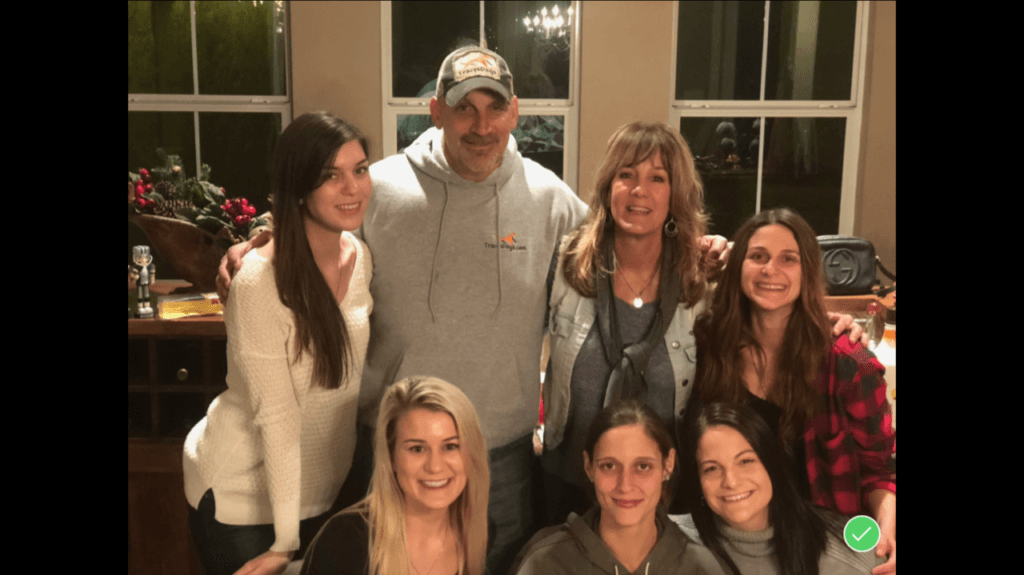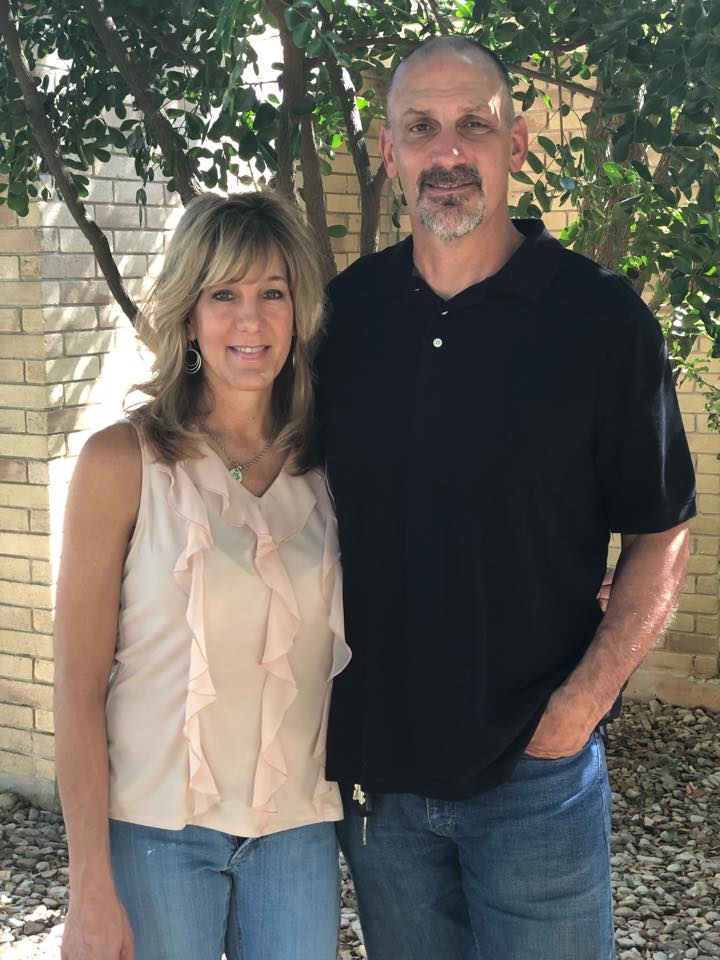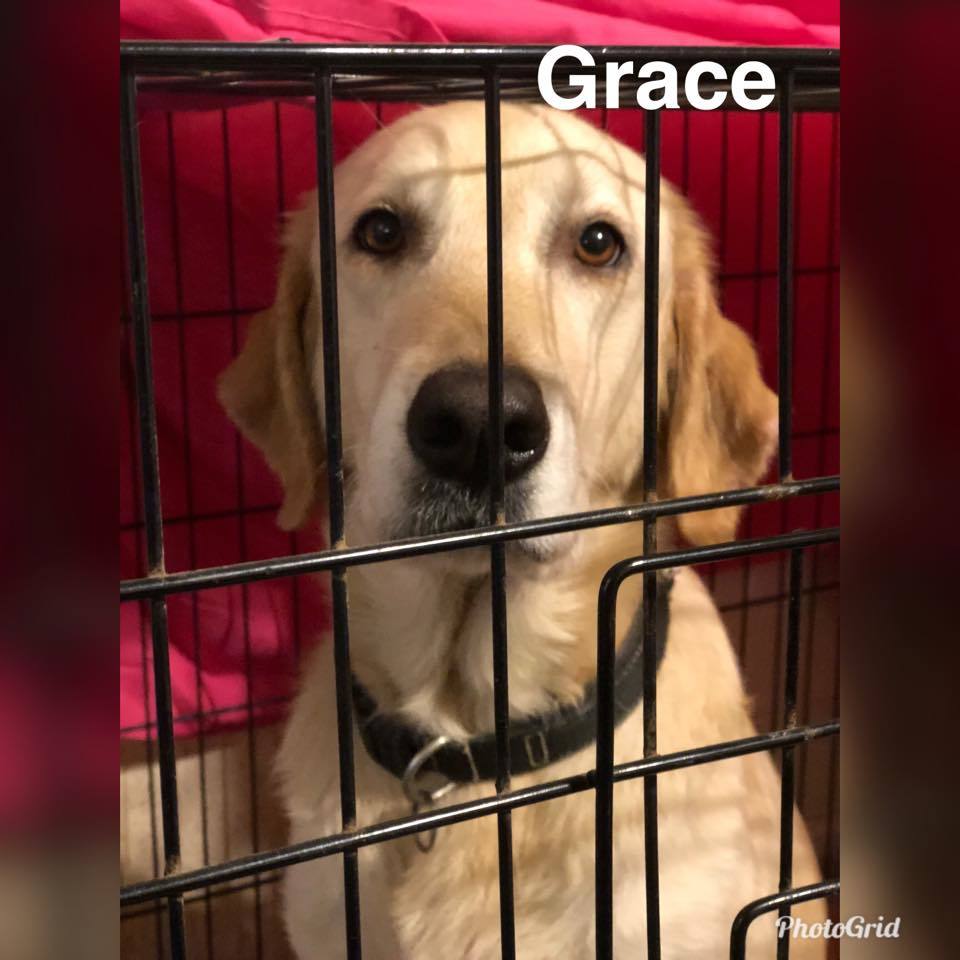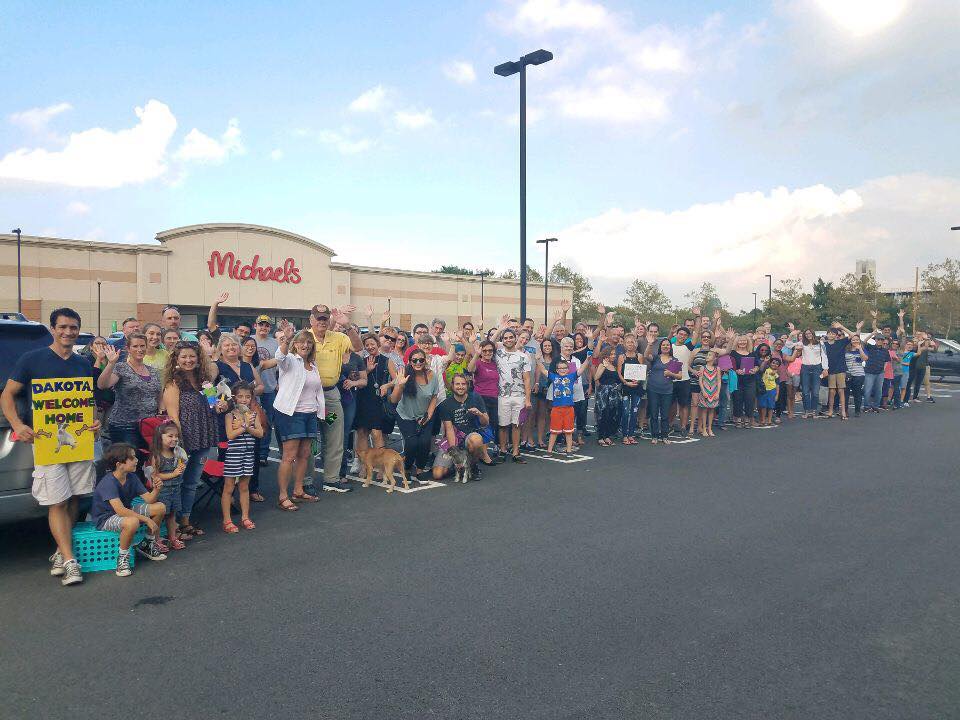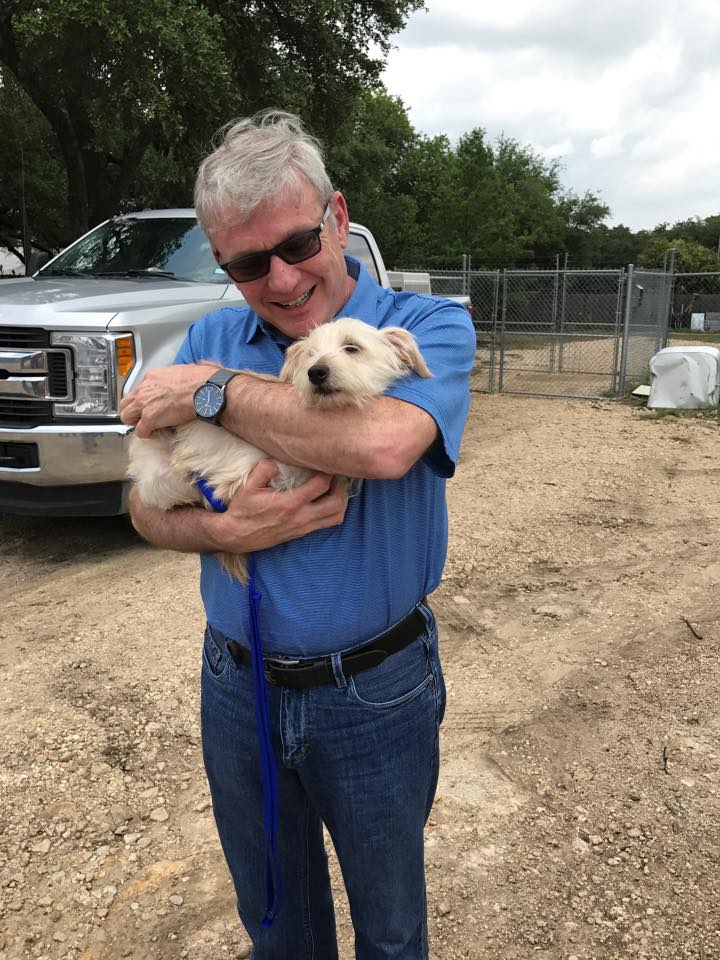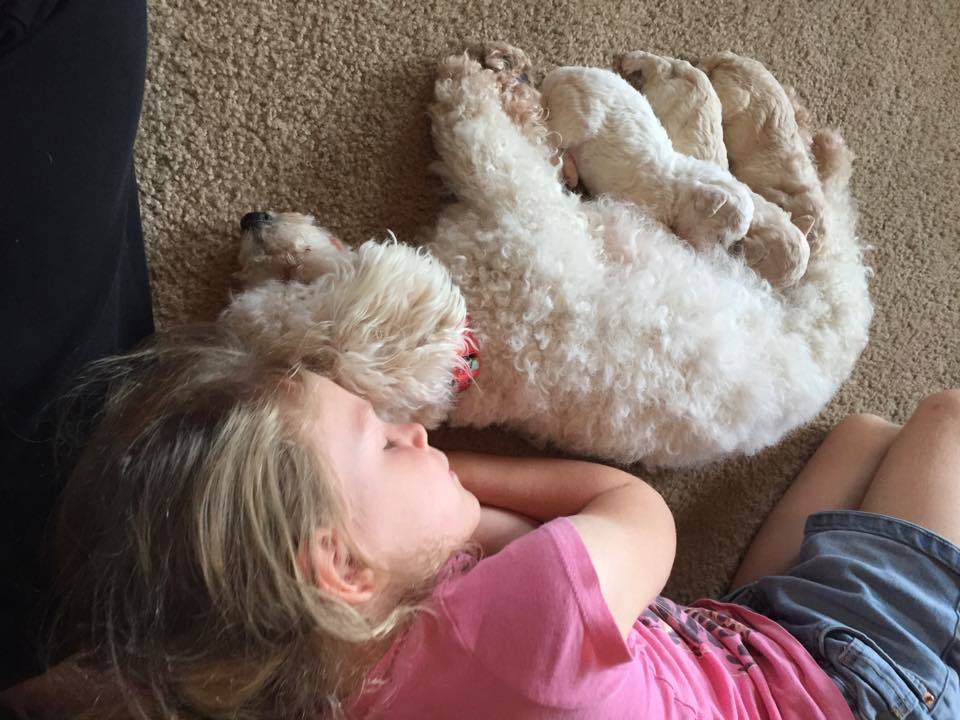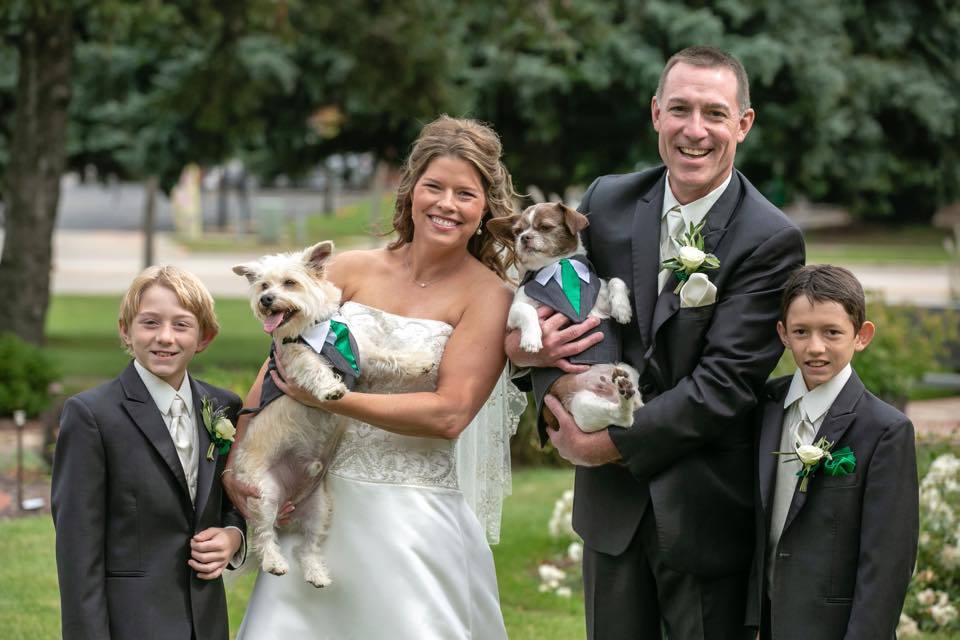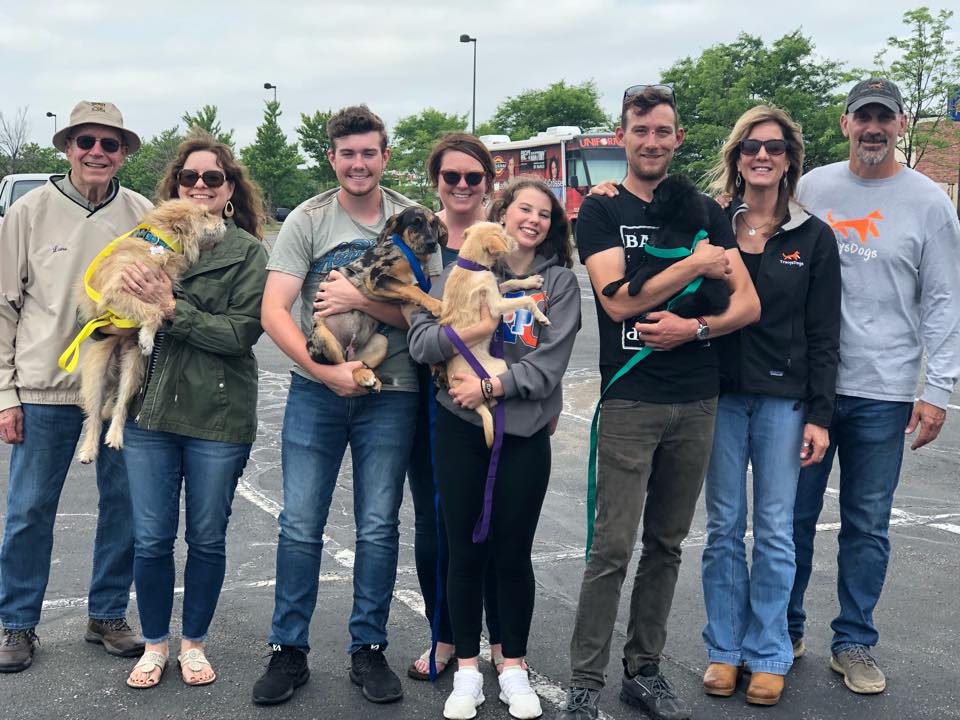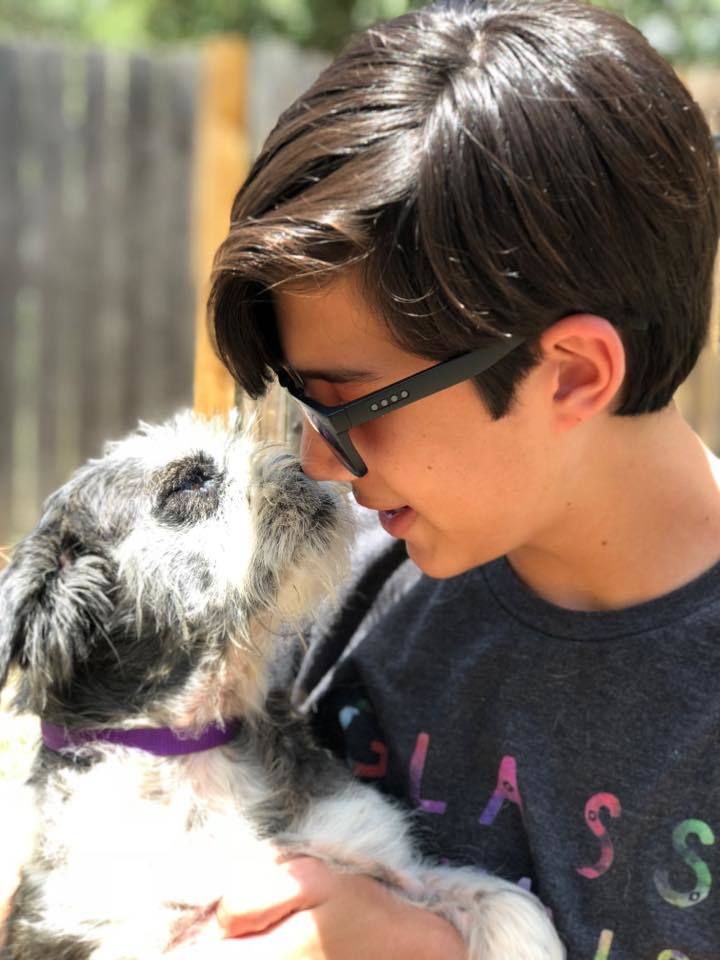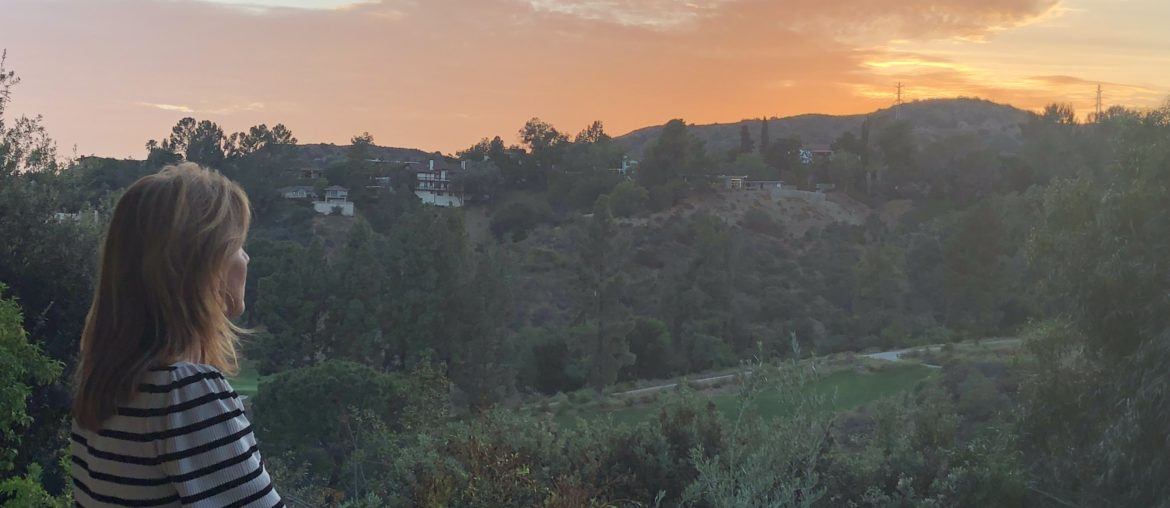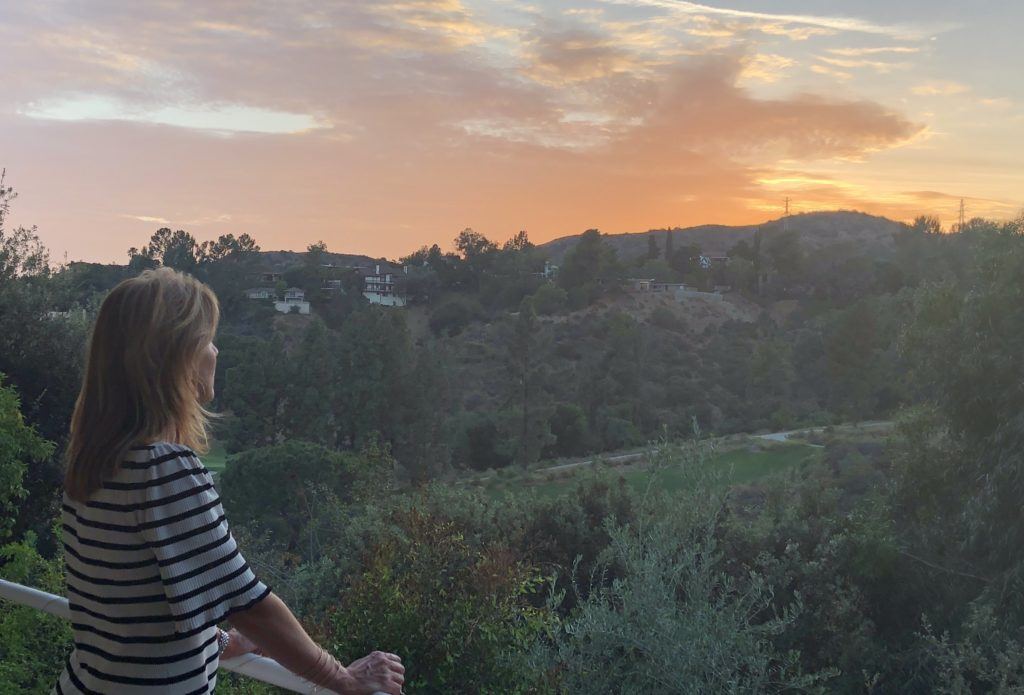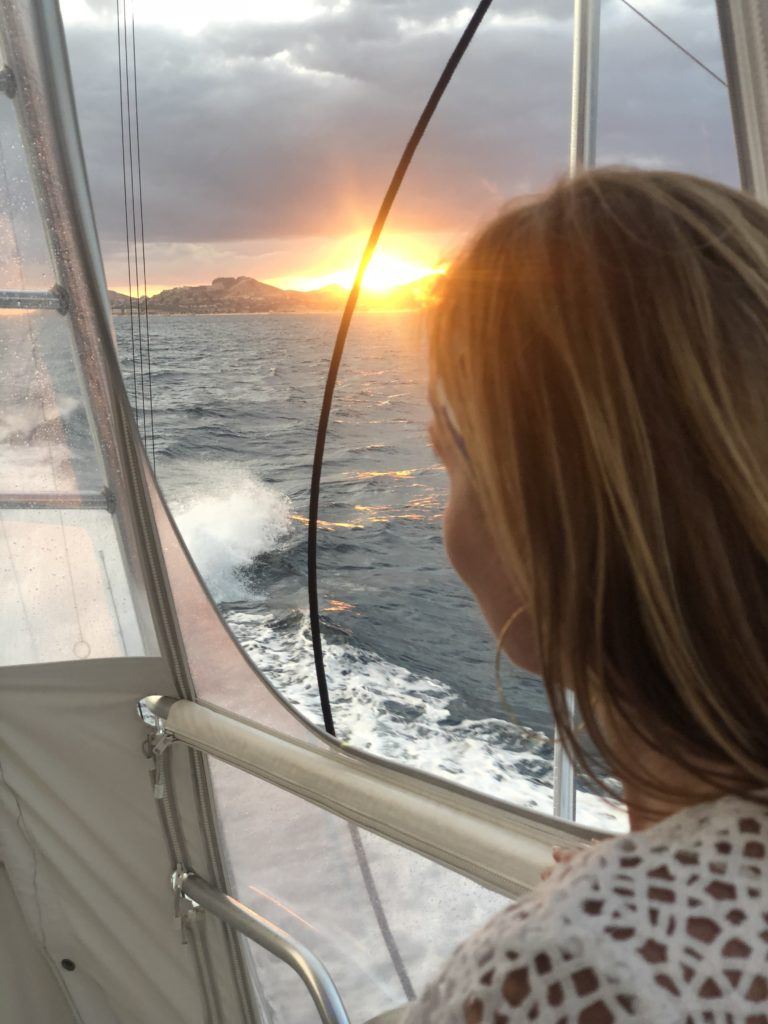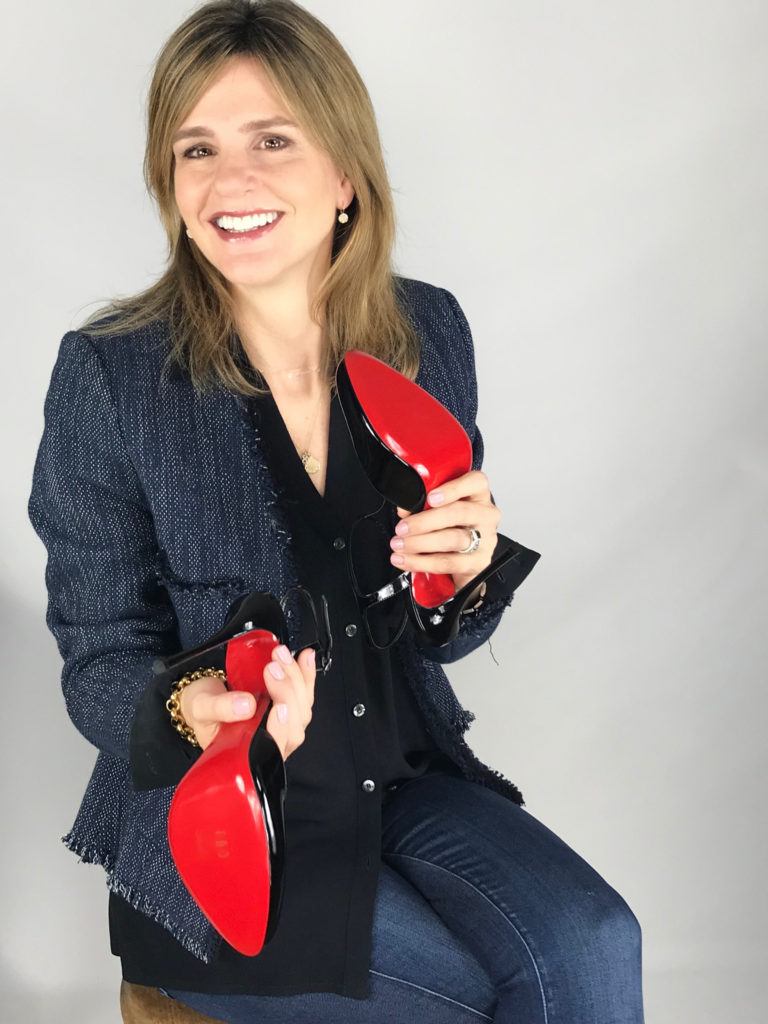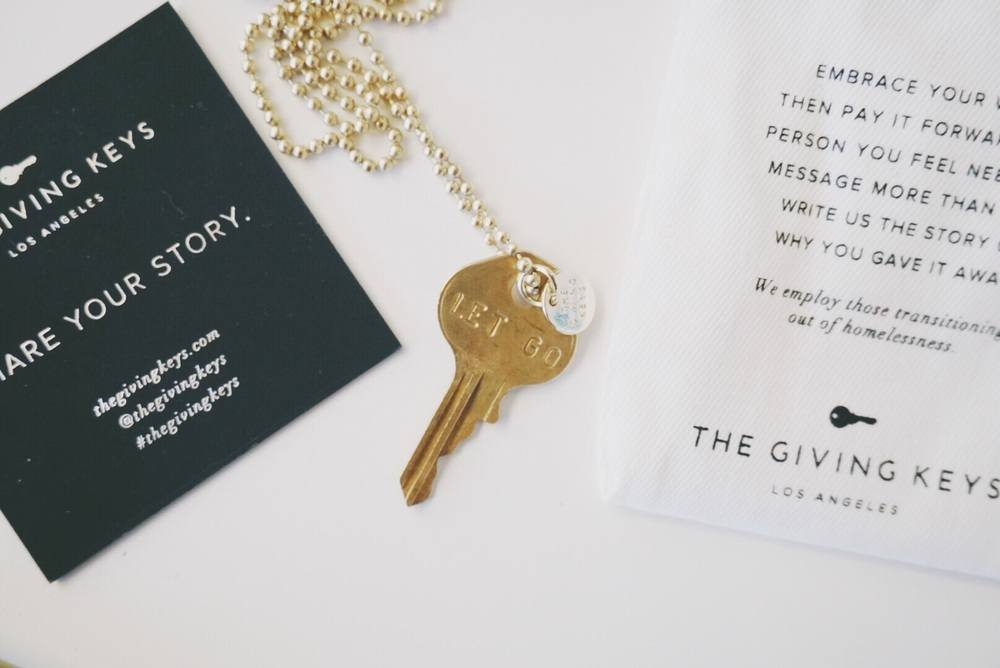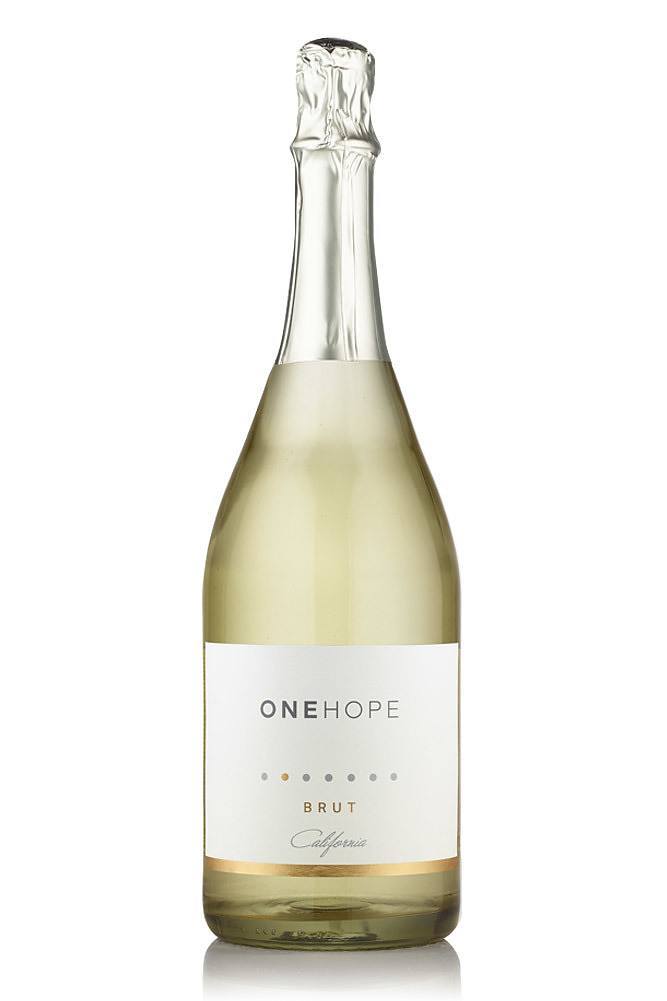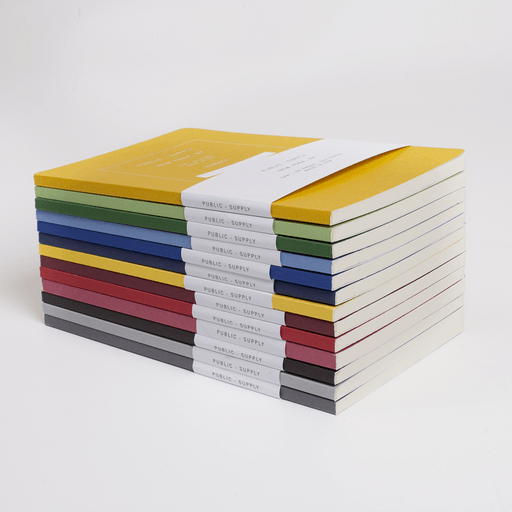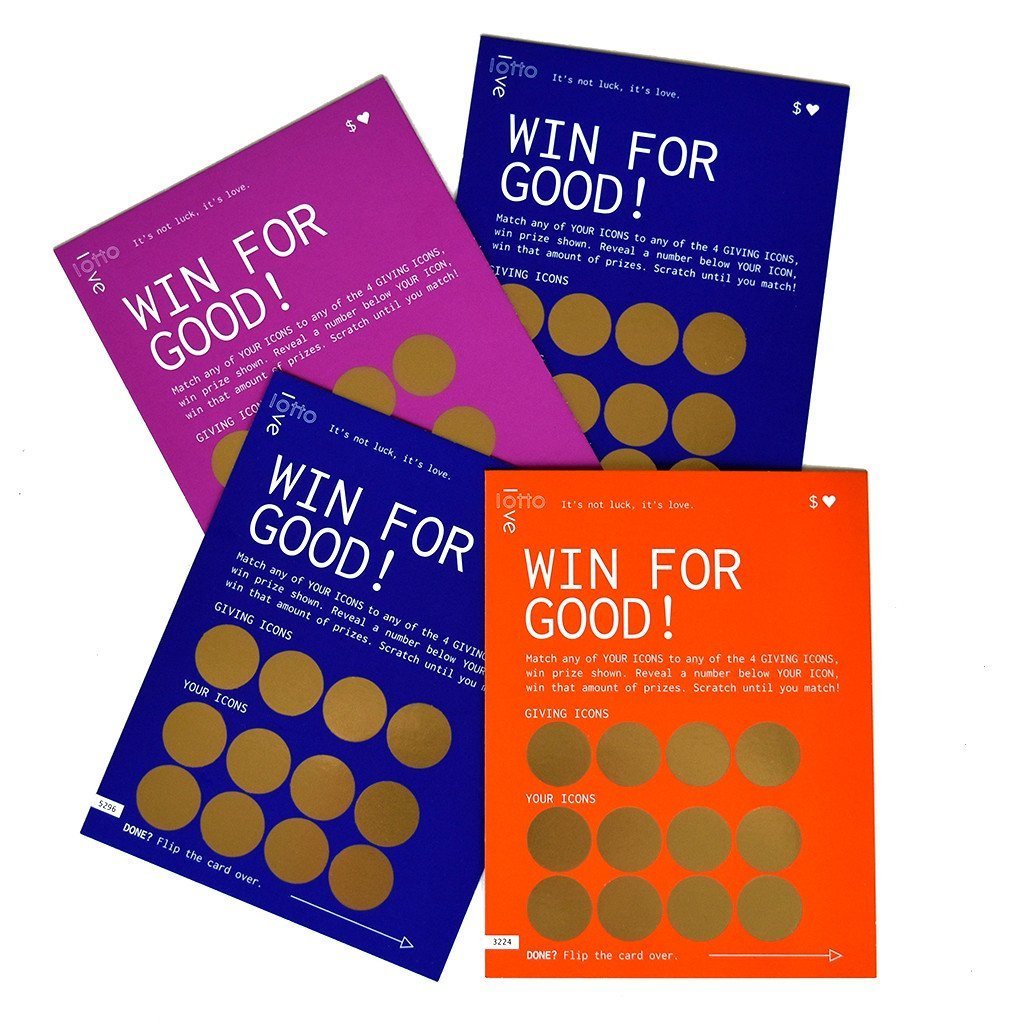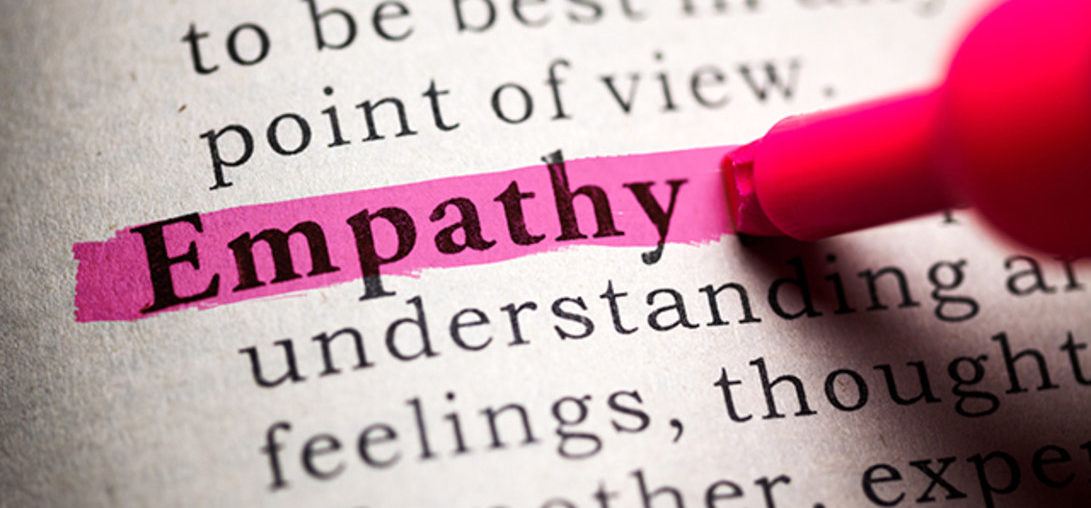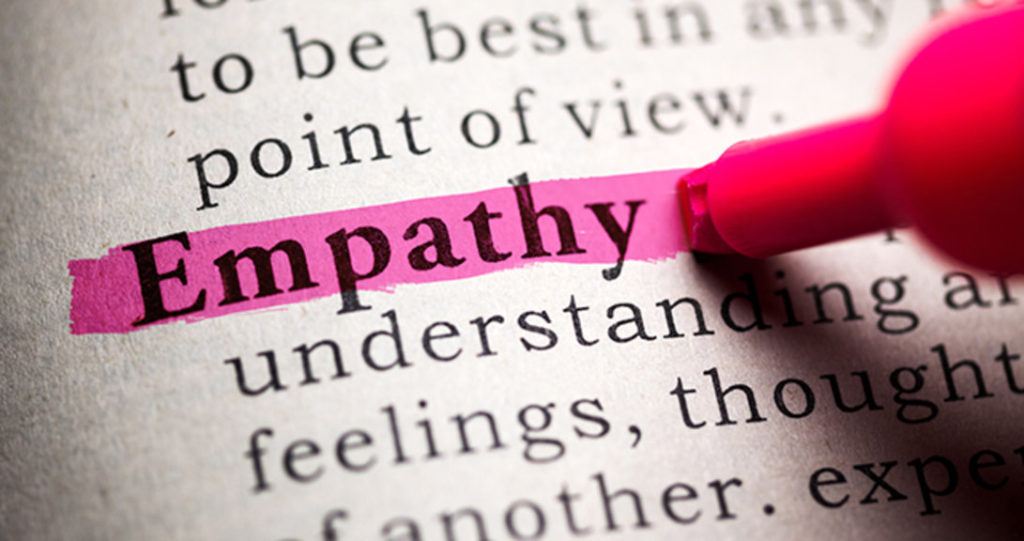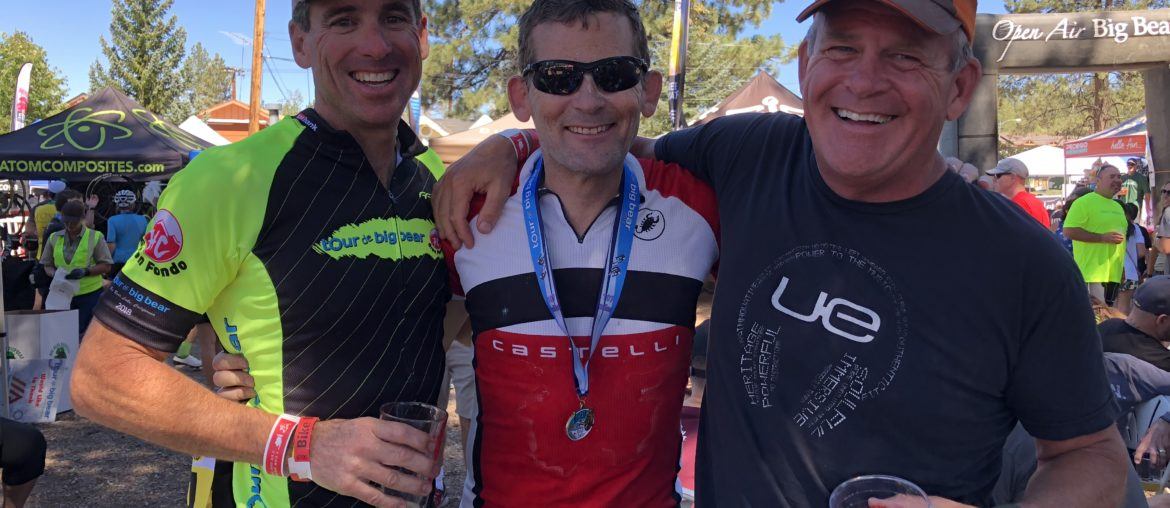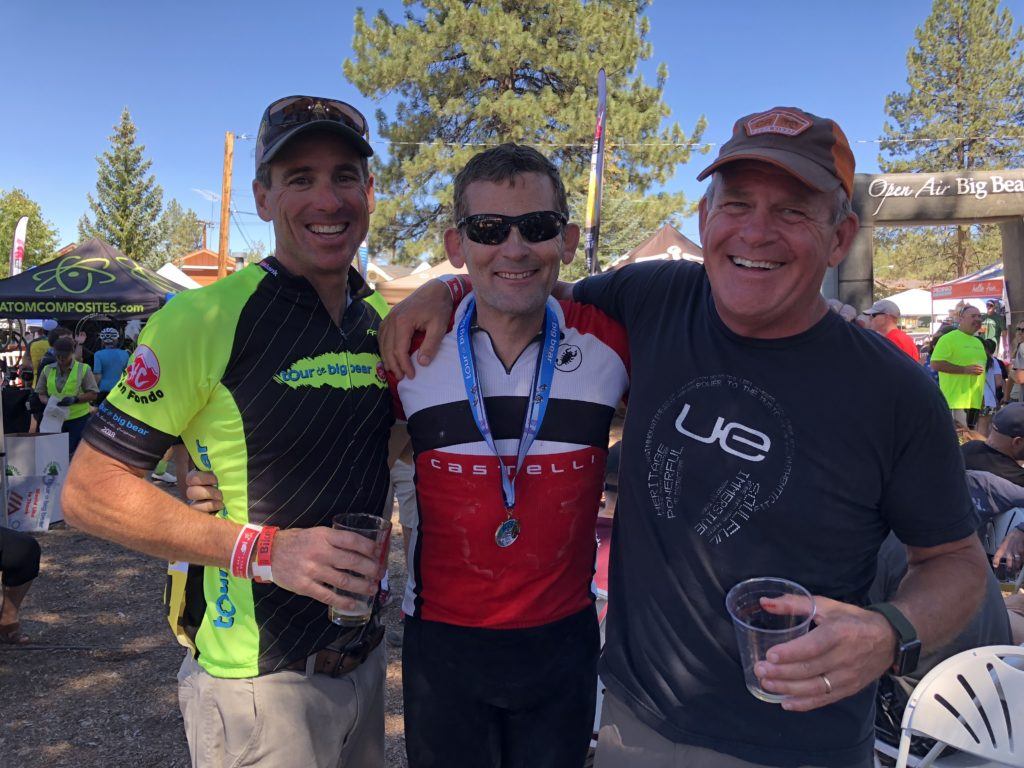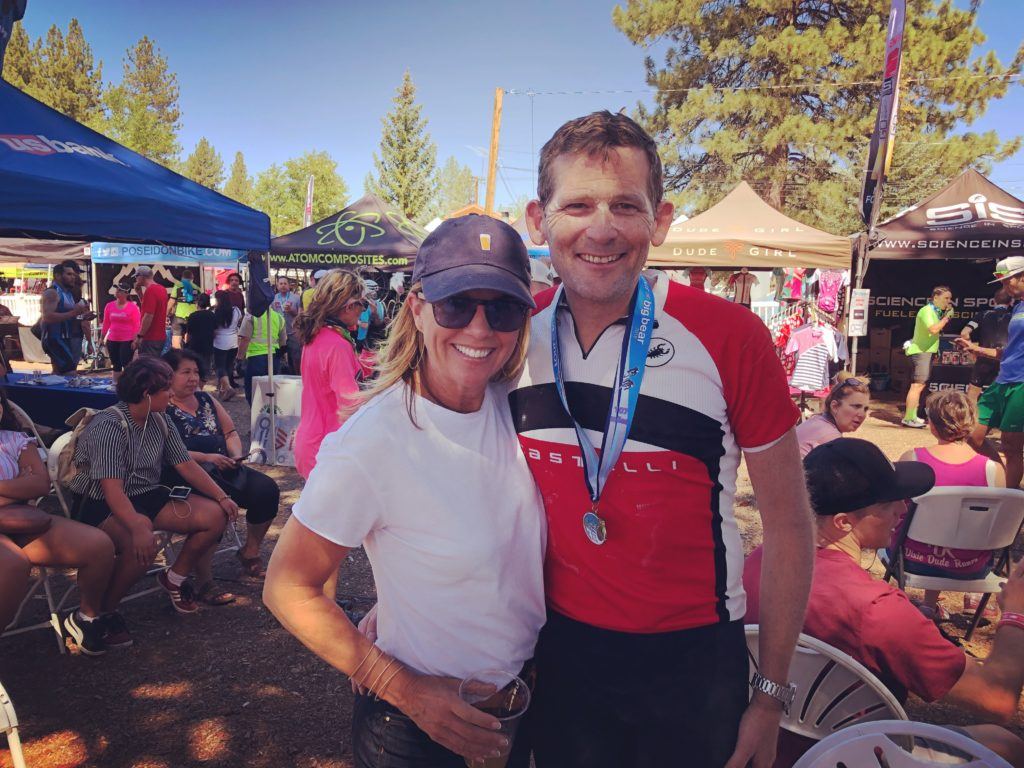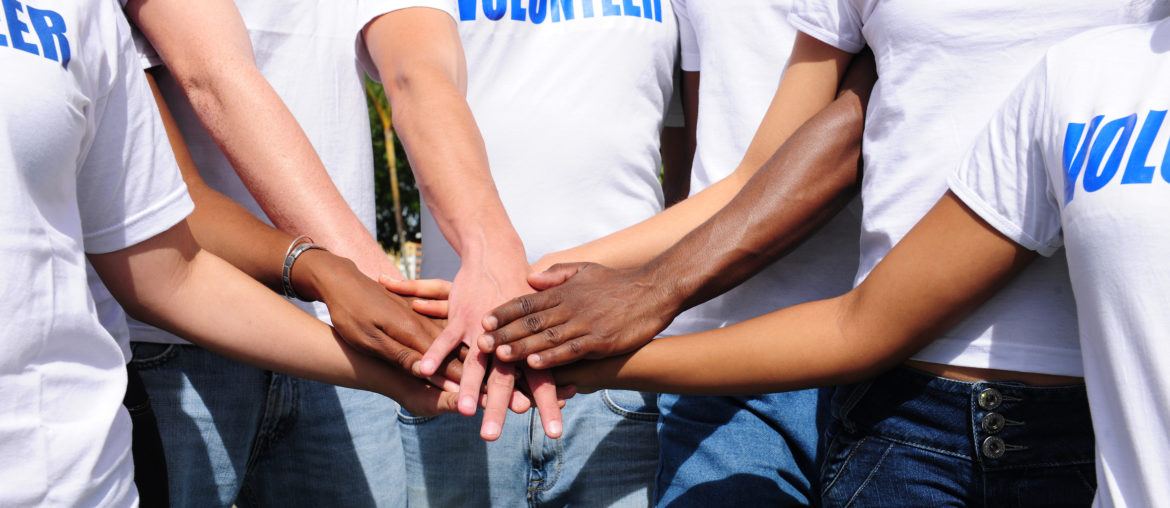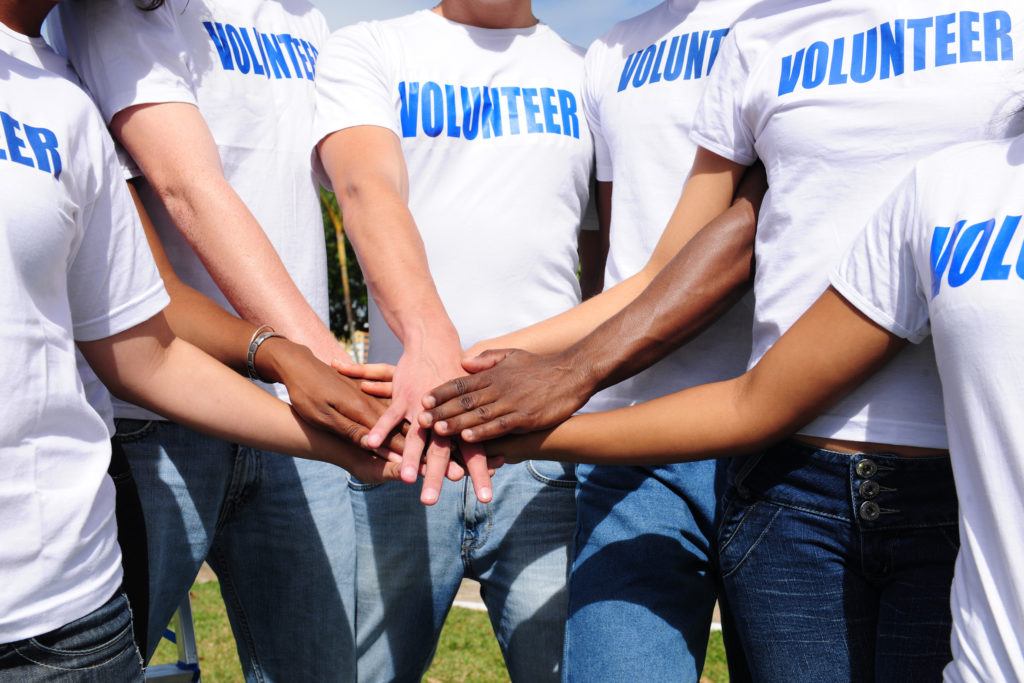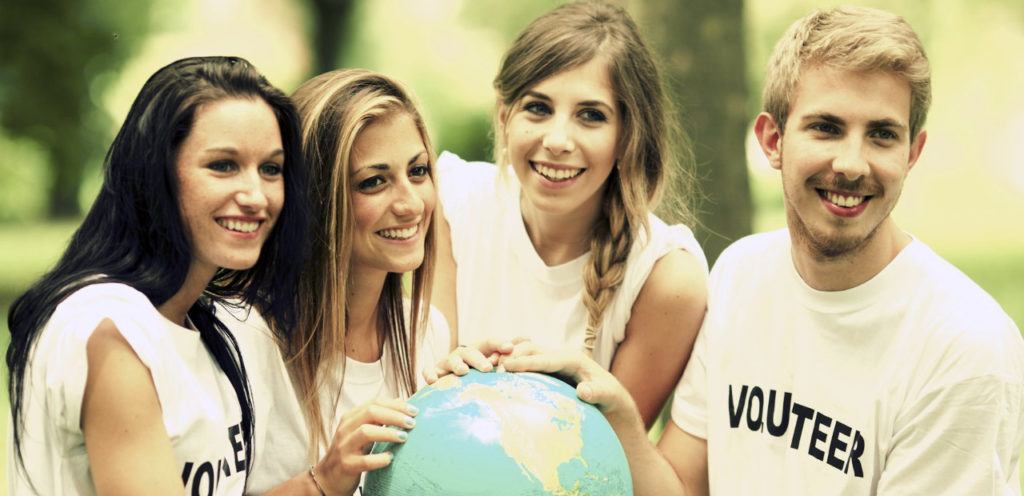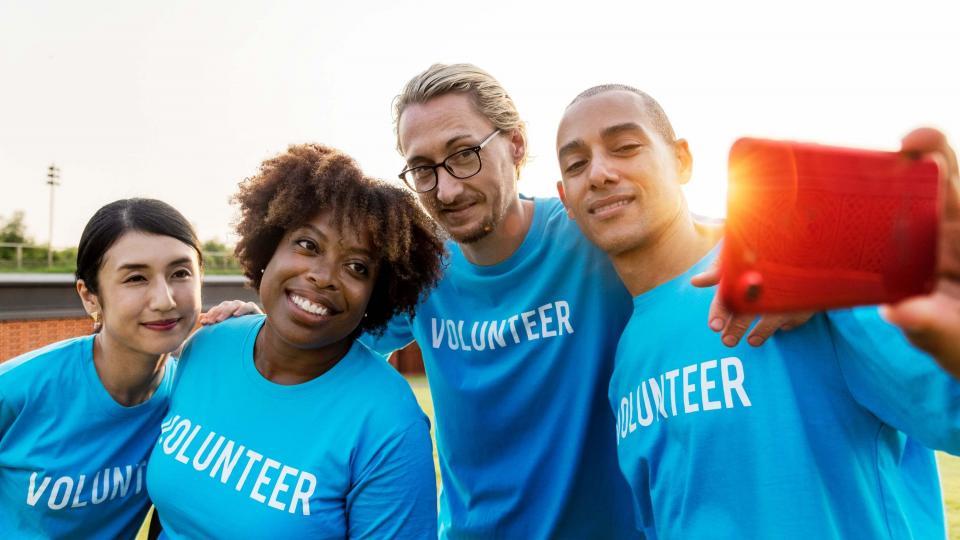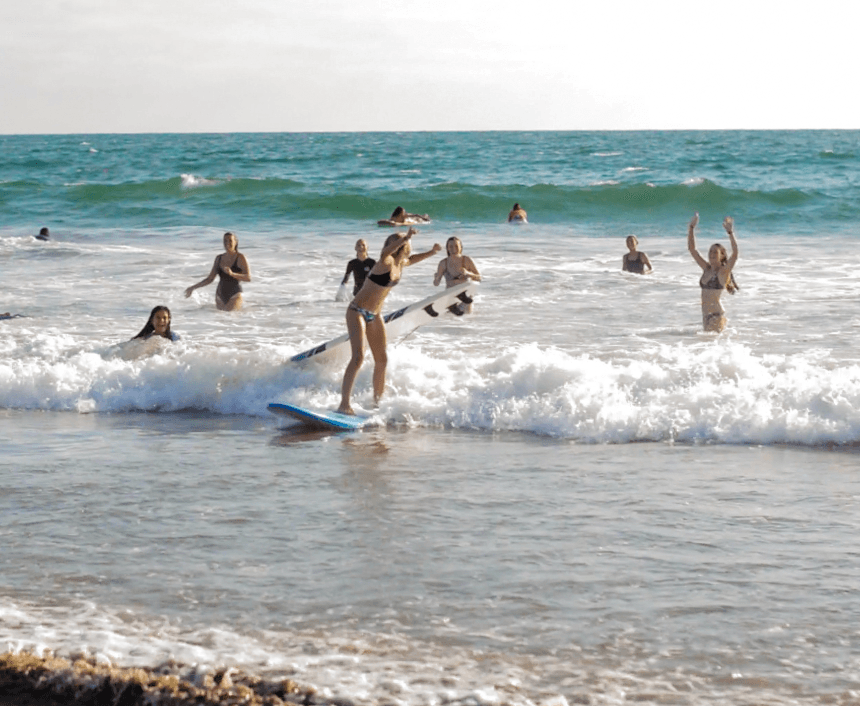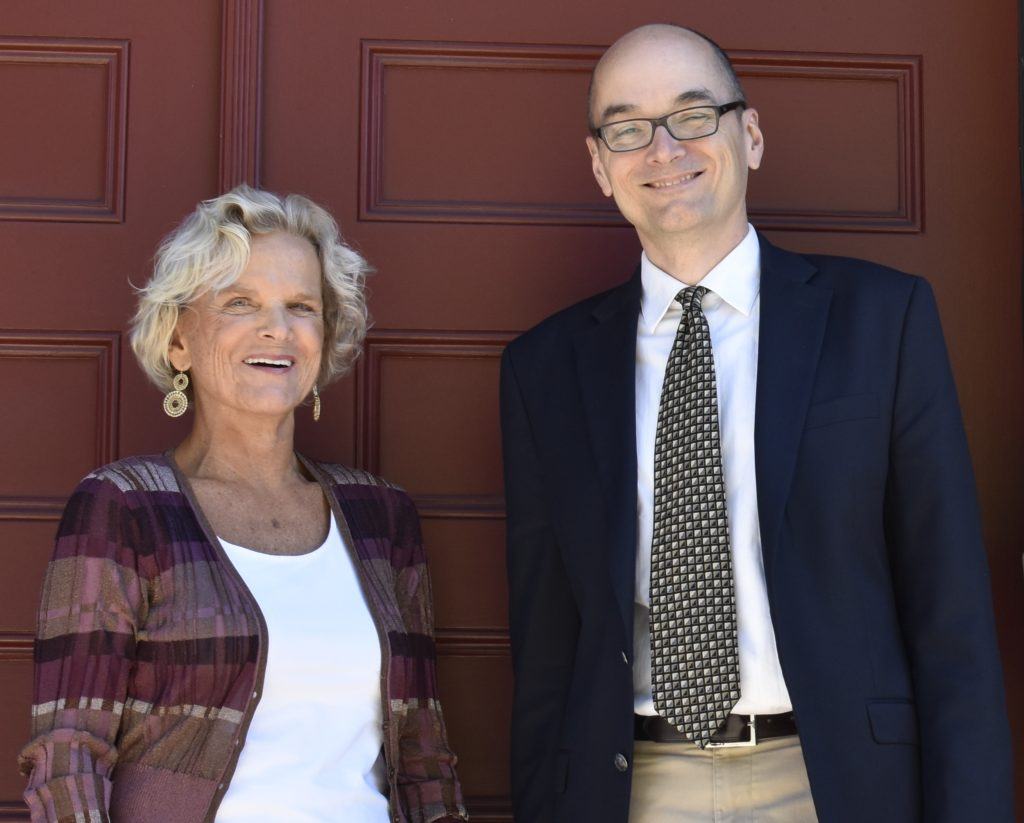
Every one of us has passed a homeless person on the street but not every one of us stops, especially when we are in a hurry. That is exactly what happened to Karen Olson in 1985 on her way to a meeting in New York City. On an impulse Karen not only stopped but she bought the woman, named Millie a sandwich. Karen began speaking with Millie, who explained to her that homelessness brought about profound feelings of disconnection from society and a lack of self-worth. That moment changed everything for Karen Olson and from that meeting, she began to look at a new way to try to help connect those in need to those who wanted to help. Little did she know that this encounter would become the birth of Family Promise.
Earlier this week I had a fantastic conversation with Claas Ehlers who is now the Executive Director of Family Promise, as Karen stepped down a few years ago after almost twenty-eight years at the helm. Claas not only has a personal connection to this mission but has been working at Family Promise since 2002. I can’t wait to share the rest of this story and enlightening conversation with you. It is remarkable what one sandwich did and continues to do for thousands of homeless families across our country.
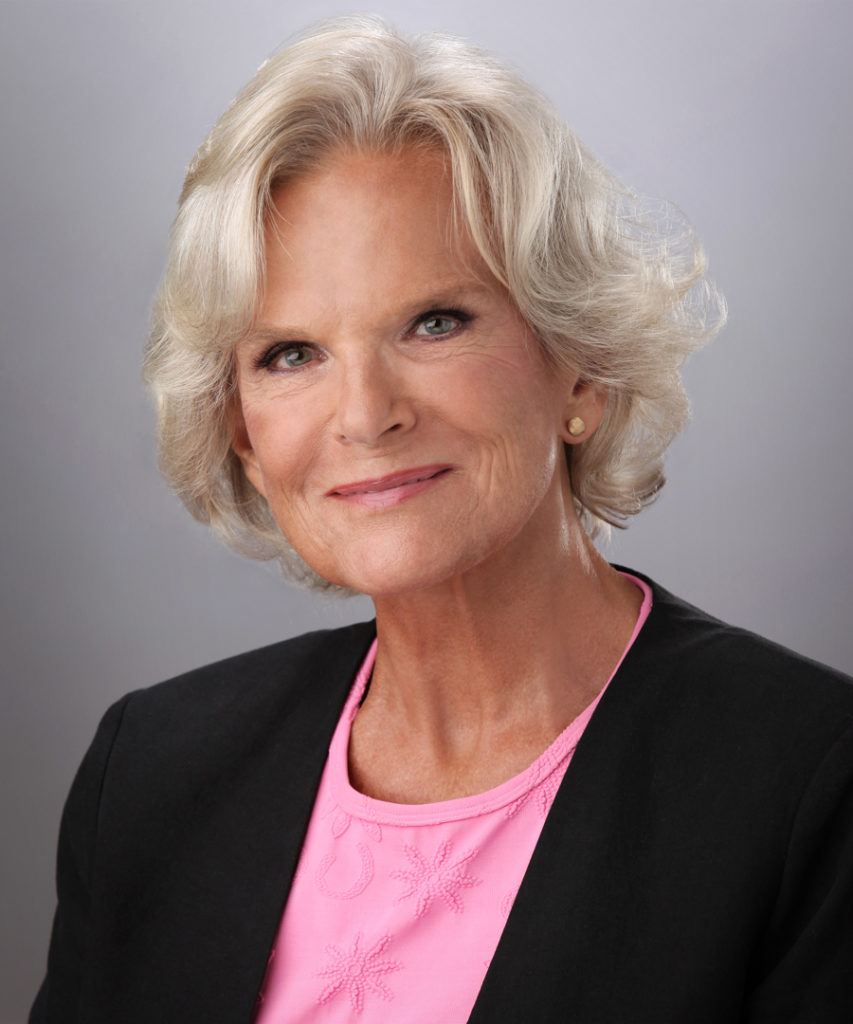
Charity Matters: Tell me a little about what happened to Karen after the sandwich and The beginning of Family Promise?
Claas Ehlers: So, in 1985 the number one reason the State of New Jersey was placing children in foster care was not because of abuse or neglect but because their mothers had become homeless. At that point, homelessness was a relatively new phenomenon and family homelessness was totally unheard of concept. In 1985, you thought it was an urban problem of single homeless people but not of families out in the suburbs. Karen had worked in the city with individual homeless people but when she discovered the statistic about children and families she got motivated to do something.
Karen decided to arrange a conference and was smart enough to recognize that the faith community would be engaged in this. There were over 80 congregations represented by over 200 people at that initial meeting, in late 1985. She simply asked the question, “What can we do about this problem of family homelessness?”
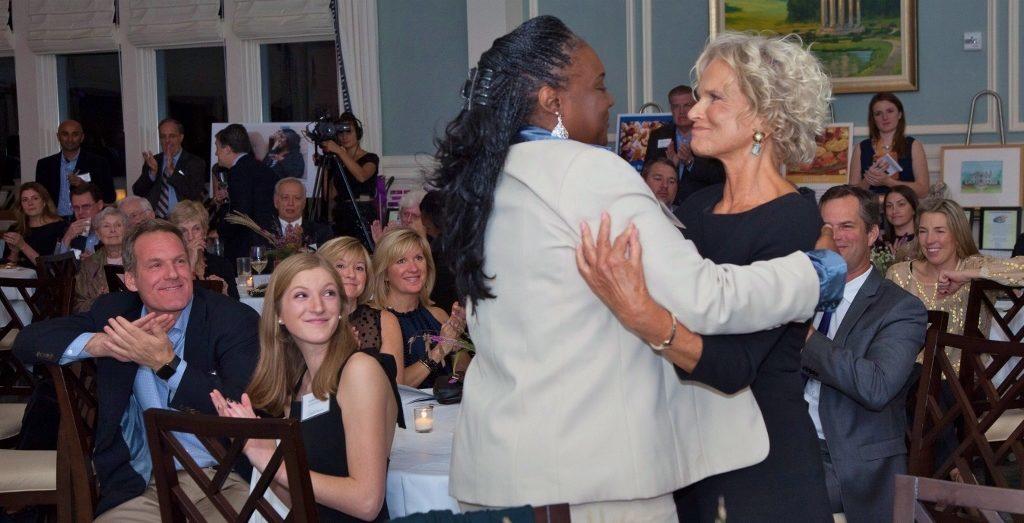
Congregations said we want to do something more meaningful than writing checks. The initial thought was to get a church or synagogue building and turn it into a shelter. Then these congregations realized that they had space and they had volunteers who already wanted to help. The YMCA offered space, Autoland gave them a discounted passenger van so they could offer transportation. So out of that meeting in an ad hoc way the program started.
Charity Matters: Tell us a little about what Family Promise does?
Claas Ehlers: We are a national organization, somewhat like the headquarters of McDonald’s but we don’t actually make hamburgers here. What we do facilitate is to empower families towards success and we mobilize volunteers and we cross those over so that each one is stronger as a result of the other. When we look at empowering families, we are looking specifically at families that are experiencing homelessness, which is not a sharp line….there is a lot of blurring, people that are at risk of homelessness, people who are nearly homeless and people that are experiencing homelessness.
Overall what Family Promise does is provide more than just shelter for families but a holistic solution that includes the prevention of family homelessness and the stabilization of families at risk. What we do here is to try to maximize our affiliates so that they can serve as many families as possible and engage the community in ways that bring in many more resources than one might expect to address the issue.
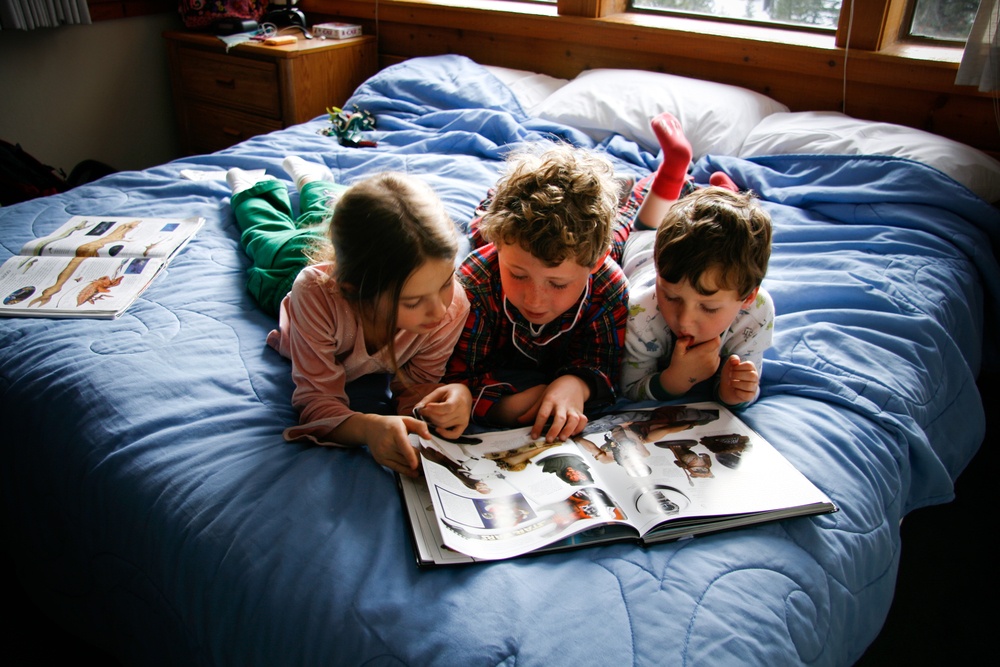
Charity Matters: How did Family Promise Grow so quickly?
Claas Ehlers: After that first meeting it took about a year and a half before we were operational and in October 1986 we officially started serving families. Neighboring communities began to see what we were doing and the program took off organically and kept spreading to Philadelphia and Ohio. In addition to shelter, meals, housing and job support our affiliates began developing programs for transitional housing, childcare, and homeless prevention. In 1988, Karen said,” we should make this a national organization.” As a result, we renamed our national organization Family Promise. Karen had a vision from the beginning. We are so lucky to have incredible engagement with communities across the country who are innovative with how to solve their communities problems.
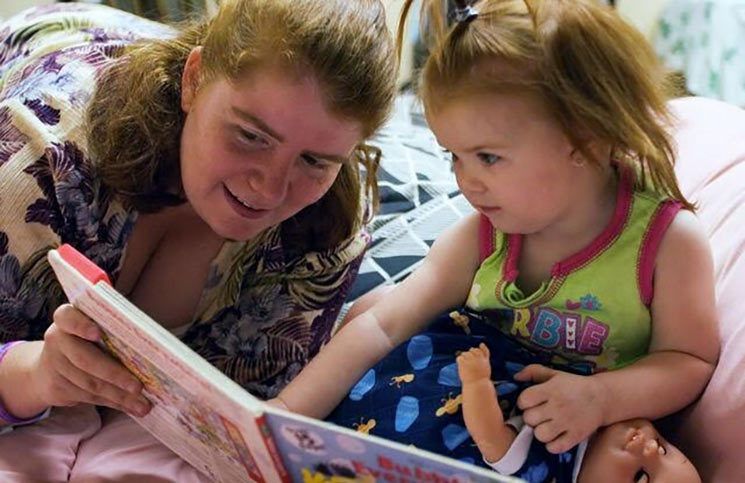
Charity Matters: What are the biggest challenges in your work?
Claas Ehlers: One big challenge is that people do not understand family homelessness. People view homelessness as chronic singles homelessness and the bigger issue is housing and stability. Another challenge is to ensure that we have resources to meet our mission and overall awareness of our work. We recently had a piece on the Today Show that did a wonderful job telling the story of our work in a very compelling way. (click above to watch)
The terrain is changing too with artificial intelligence and how is that going to affect jobs and homelessness? We are thinking about these things. We do have a goal to increase the number of people we serve but at the same time, we think about how are we going to push the bell curve to the right. We are always trying to find out ways to help our affiliates do their jobs better.
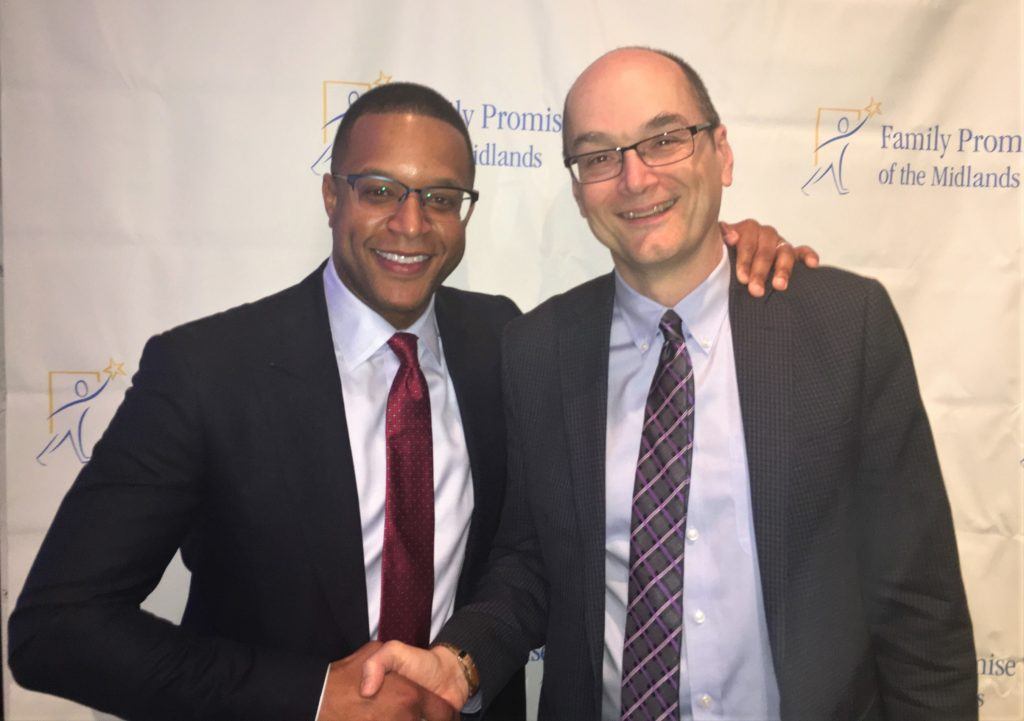
Charity Matters: What fuels you to keep doing this work?
Claas Ehlers: Certainly there are always lots of challenges and obstacles but I wake up every morning feeling like I am the luckiest person in the world. I have the most amazing team, they are mission-driven, talented, and work well together. I go out into the field and I work with a group of volunteers who are so committed to having an impact on homelessness in their community and that is just SO inspiring.
The other side of that is the alumni of our program, the people who serve on our guest advisory council. I work with these people who have faced adversity they have been homeless and come through our program and are now committed to helping others be successful by paying it forward. They are working, have families and are dedicating all their time and energy to help others in any way they can. I have my own personal stories and have been in Foster Care but that is nothing compared to what a lot of these stories are. These are people that say that this community supported me and now I am going to give back.
When I see the children who leave our programs and see the future they have that they didn’t have before that keeps me going.
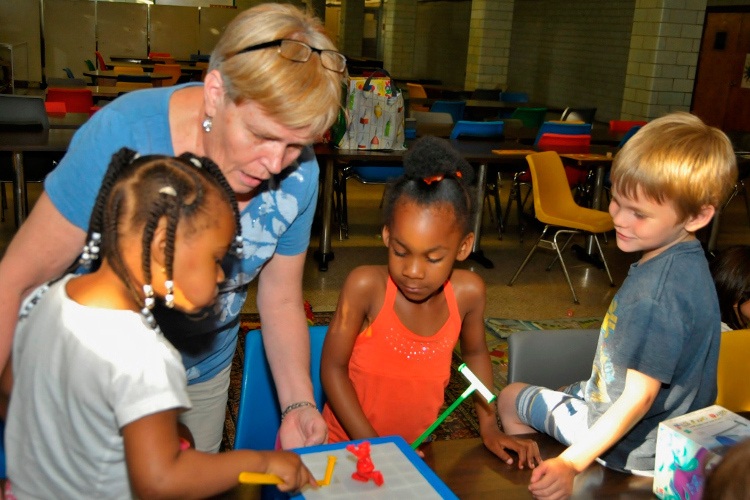
Charity Matters: When do you know you have made a difference?
Claas Ehlers: It is a tough question for me to answer because I am self-critical. I always see what I haven’t done. There are so many moments. Recently, when the Today Show piece came out, I emailed it to a number of our partners to share. The responses I received from current partners and potential partners saying, ” I am just so proud that our firm partners with Family Promise.” Those moments remind me of the work we are doing.
This morning, I was talking about the weekend with our relatively new Chief Operating Officer, she told me that she took her children to volunteer for Family Promise. She told me she couldn’t believe that her 14-year-old son was so compassionate working with a 4-year-old at one of their shelters. There are so many moments that show me the impact. Every statistic is a human, a person whose life we touched. There is magic everywhere. There is just magic.
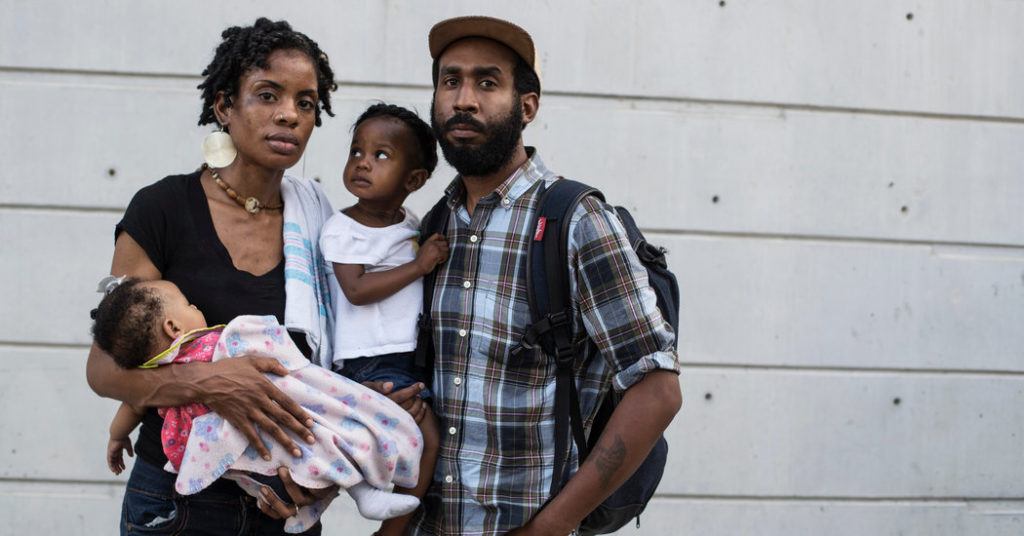
Charity Matters: Tell us what success you have had? What has your impact at Family Promise been?
Claas Ehlers: We always really try to look at how we are successful and how that can drive innovation. First of all, we serve over 90,000 people a year in all different ways and 60% of those people are children. What is really important is that we have our core Shelter Program that is about 18% of the people that we serve. In that program, 88% of those people move into long term housing (traditional, permanent, or shared) after 57 days. We are not about getting people into housing, we are about getting them into housing they can sustain. That is critical that we get them into sustainable housing.
We have 200 affiliates (chapters around the country) that have over 1,700 distinct programs that address some element of prevention, shelter or stabilization that are run by 200,000 volunteers. We are launching a new program at our National Convention this week that trains volunteers to understand the grief and trauma that happens when you lose your home.
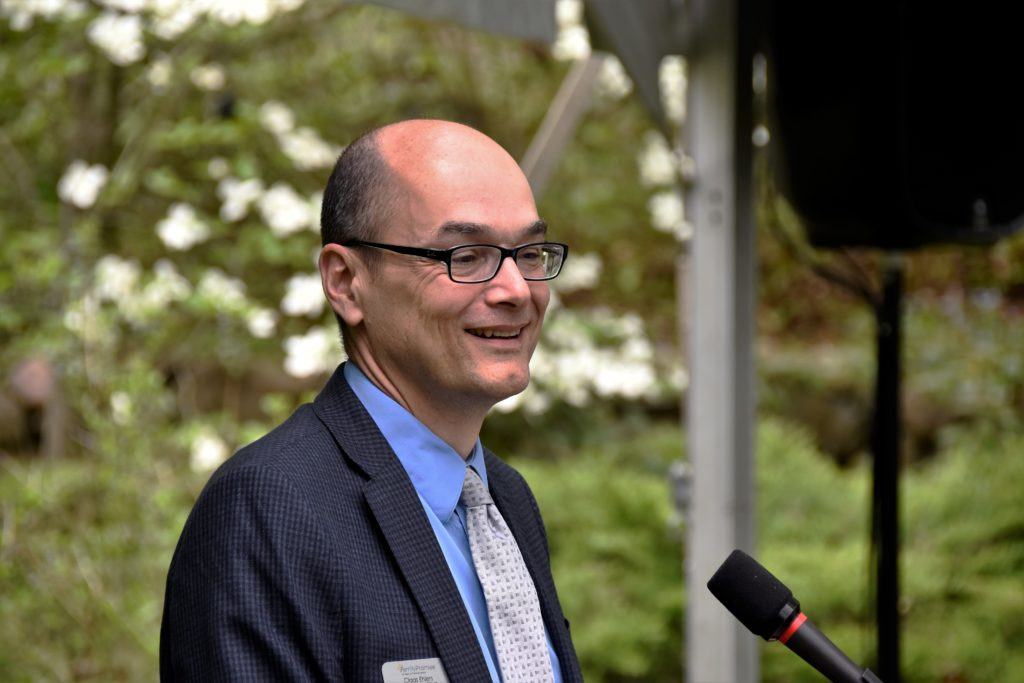
Charity Matters: How has this journey changed you?
Claas Ehlers: I always had a connection with helping children who were under-resourced. My children have been raised with this work. Now that they are grown, I get to watch their service. All of my three children serve and this work has helped define our values. We have always prioritized helping those that are not as fortunate as we are. If we can all just incrementally be better people each day then that is what really matters.
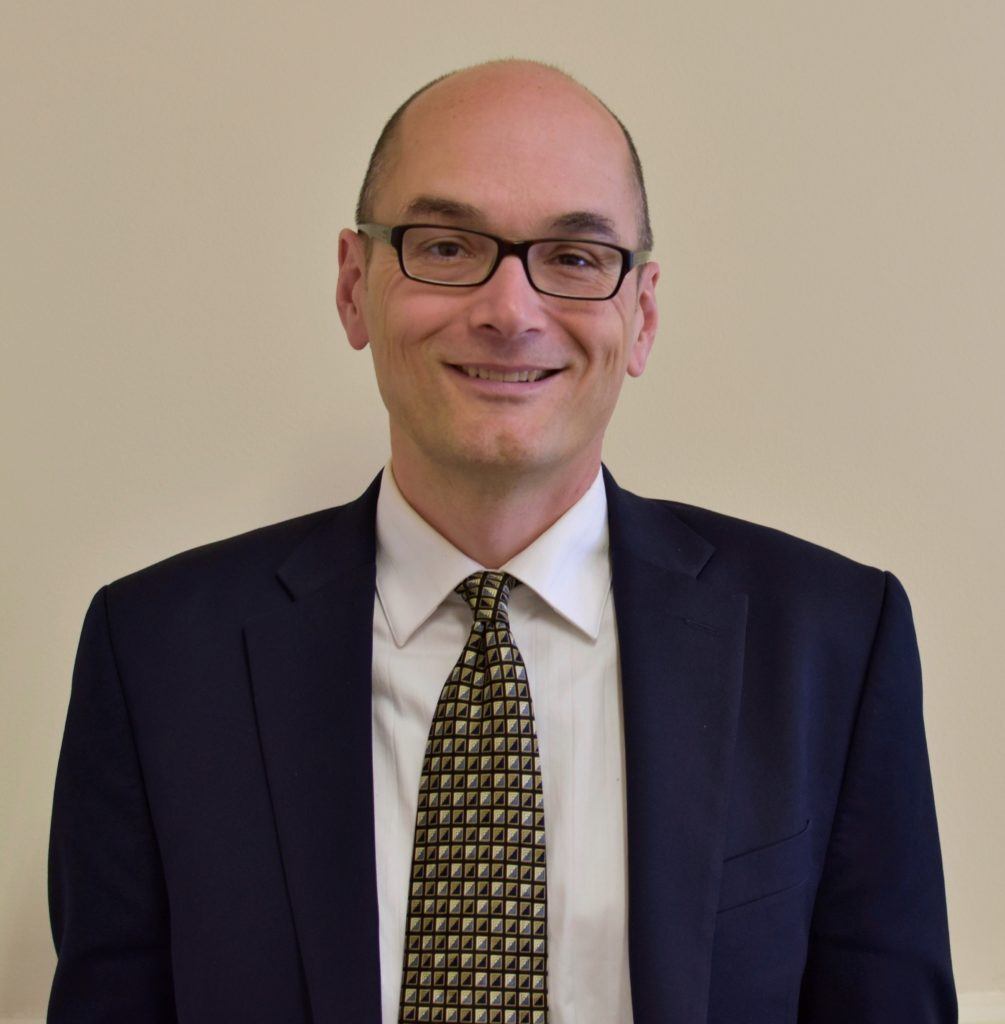
Charity Matters: What life lessons have you learned from this experience?
Claas Ehlers: What I have learned is that things are rivers and you have to understand that things are rivers. And that when you are at the river the water at the river is the way it is now but might not be the way it is next time. The water that you see at the river today will be entirely different than the water you see next month. It is higher or lower or not as clean. You have to realize that everything is fluid and that things are never the same at any one time. That every time something changes it is a new opportunity.
CHARITY MATTERS
Sharing is caring, if you are so moved or inspired, we would love you to share this to inspire another.
Copyright © 2019 Charity Matters. This article may not be reproduced without explicit written permission; if you are not reading this in your newsreader, the site you are viewing is illegally infringing our copyright. We would be grateful if you contact us.




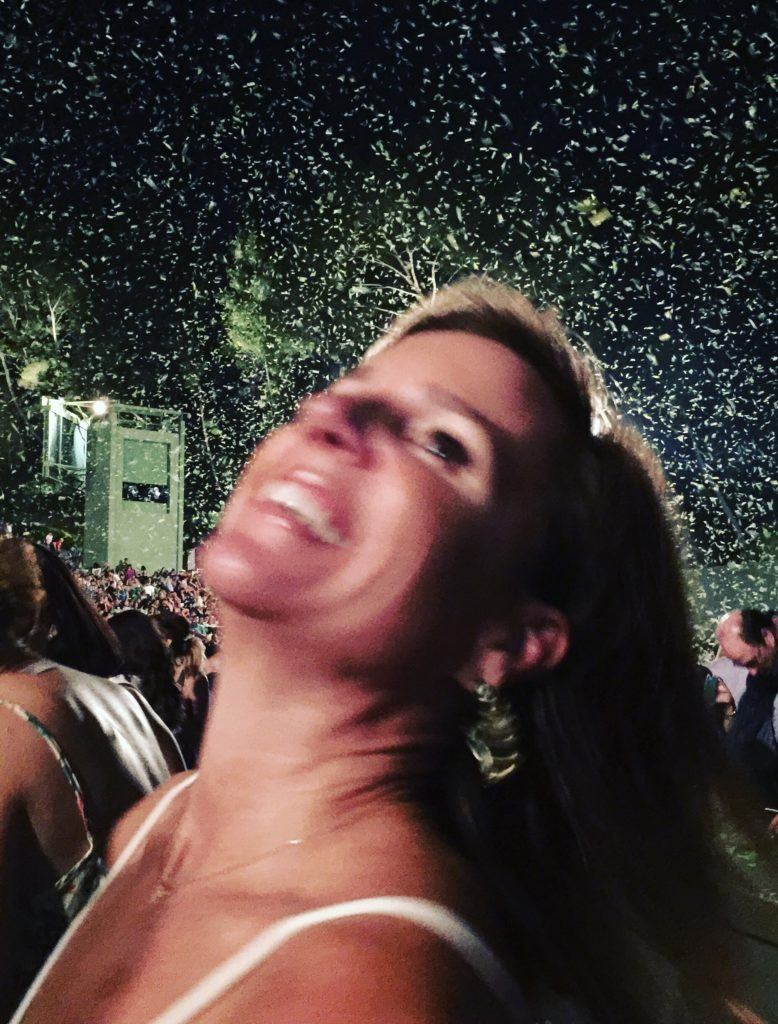


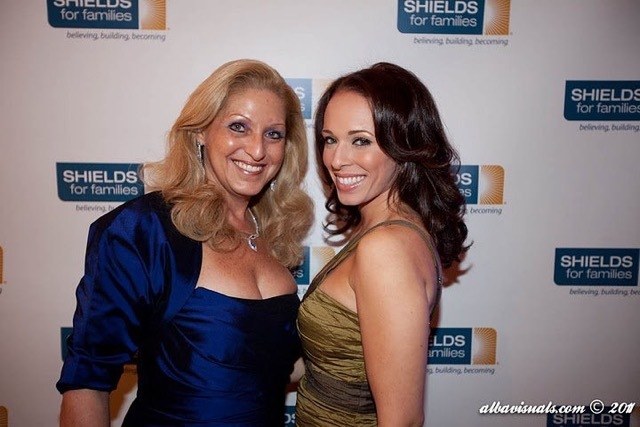

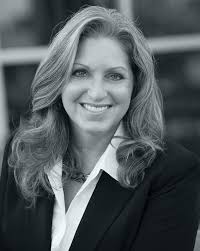
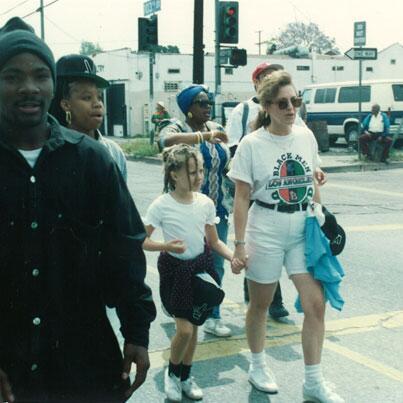
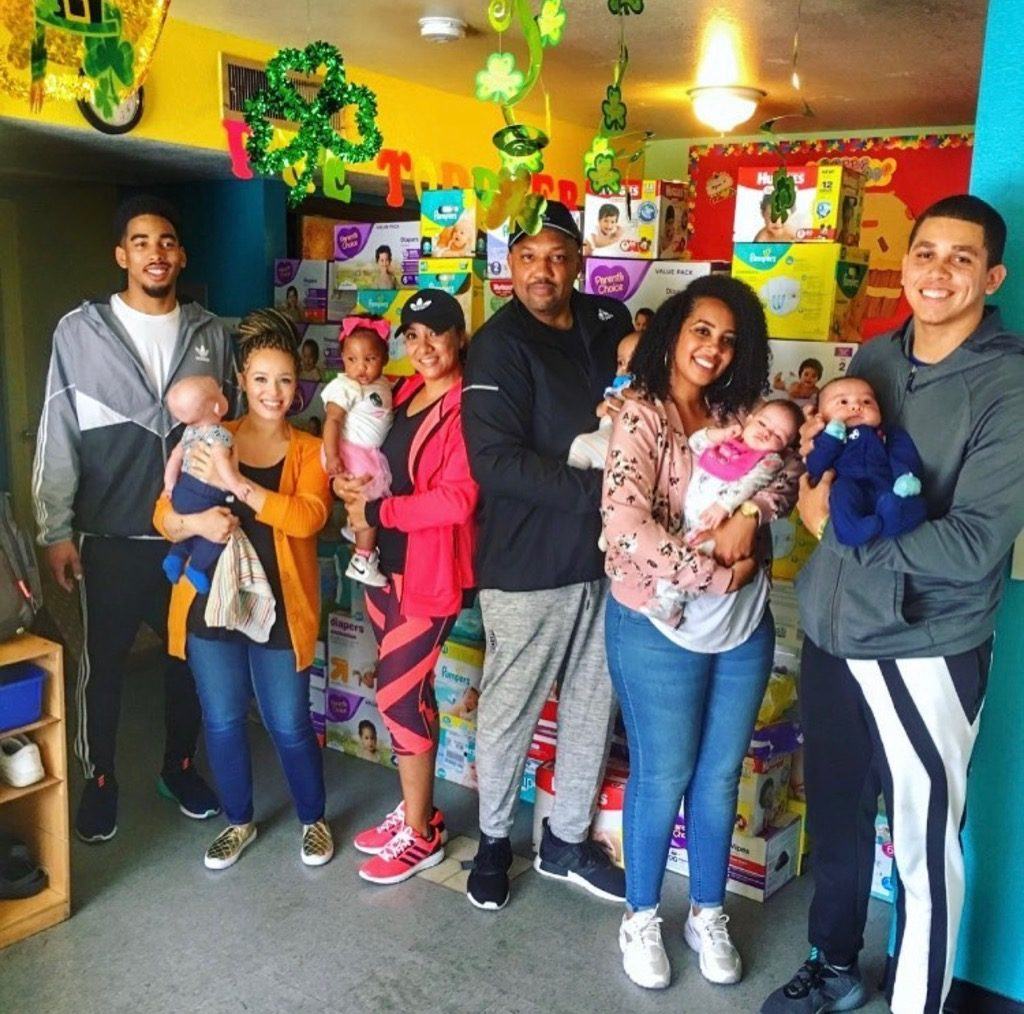
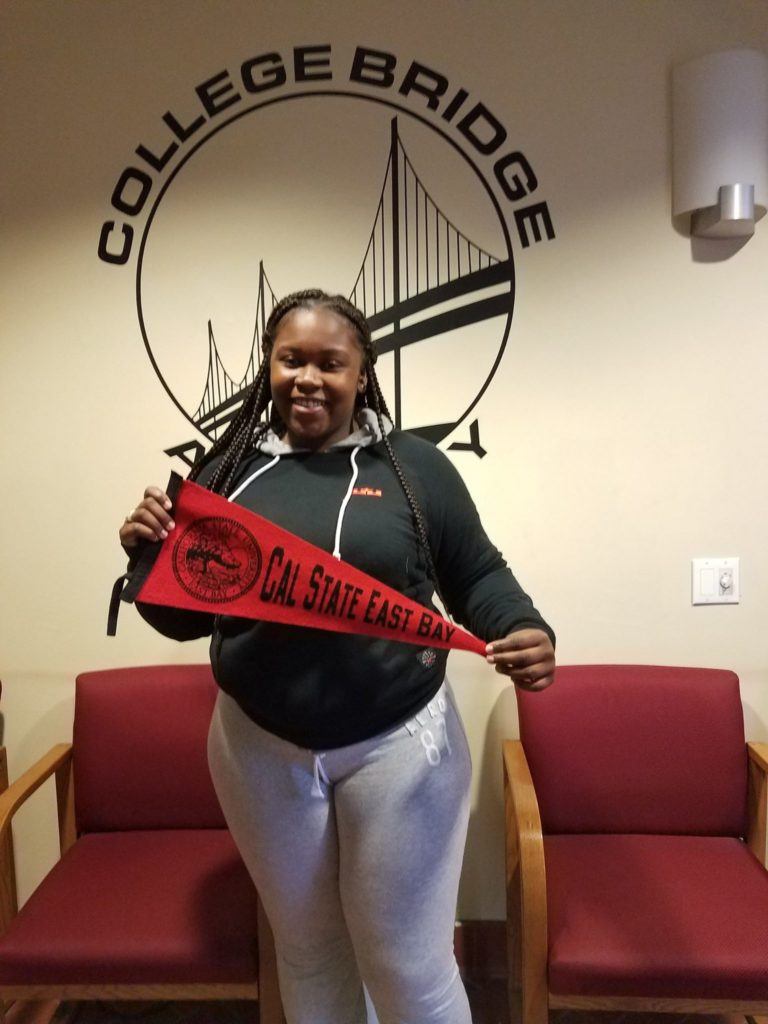
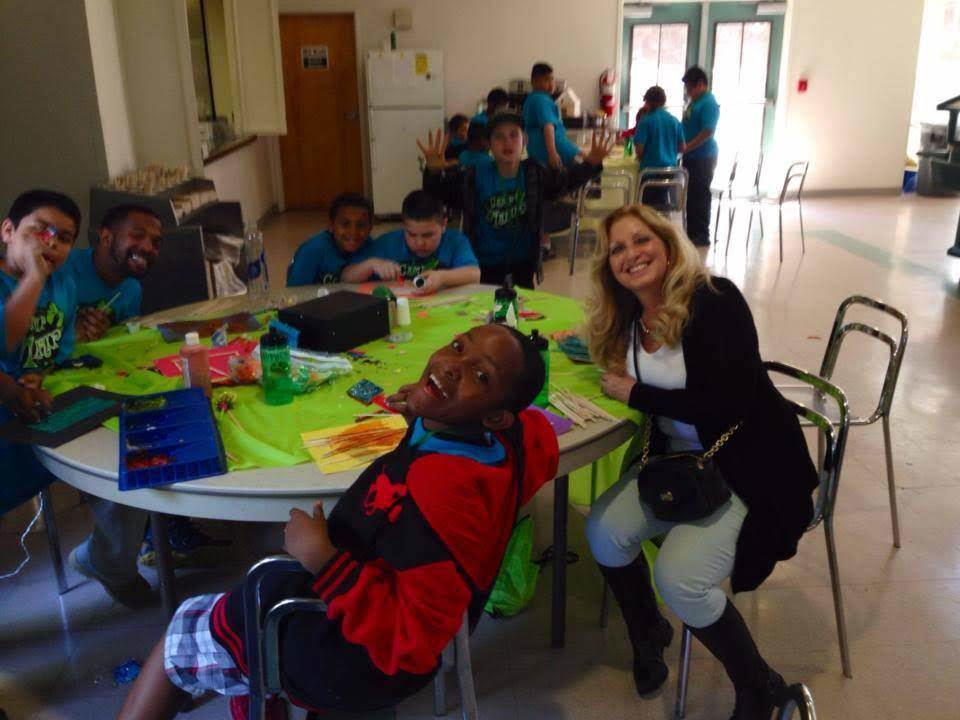
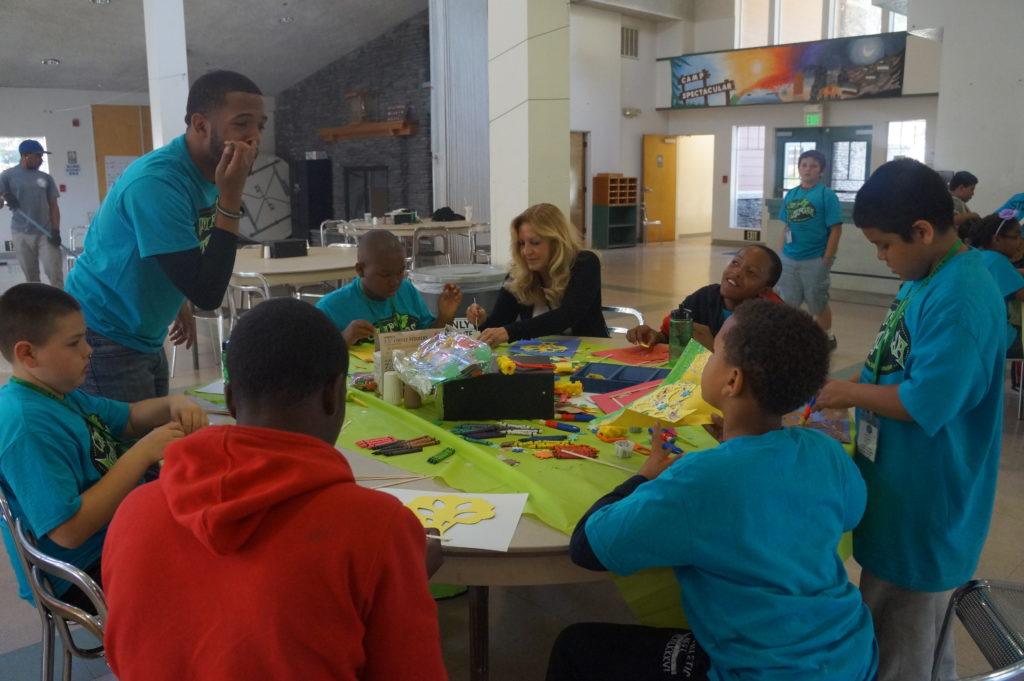
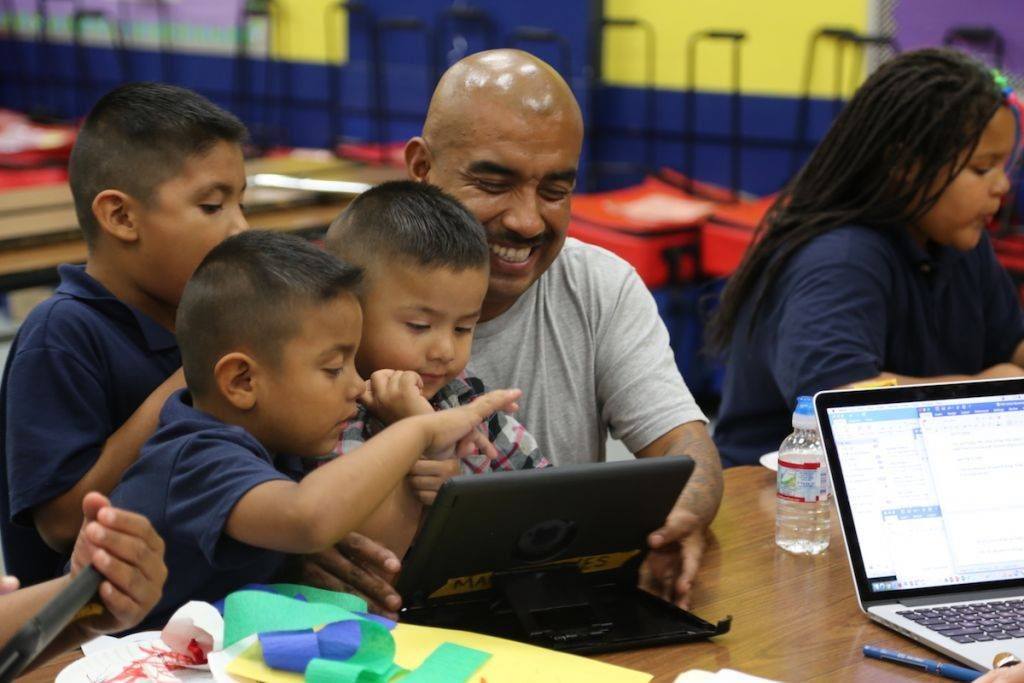
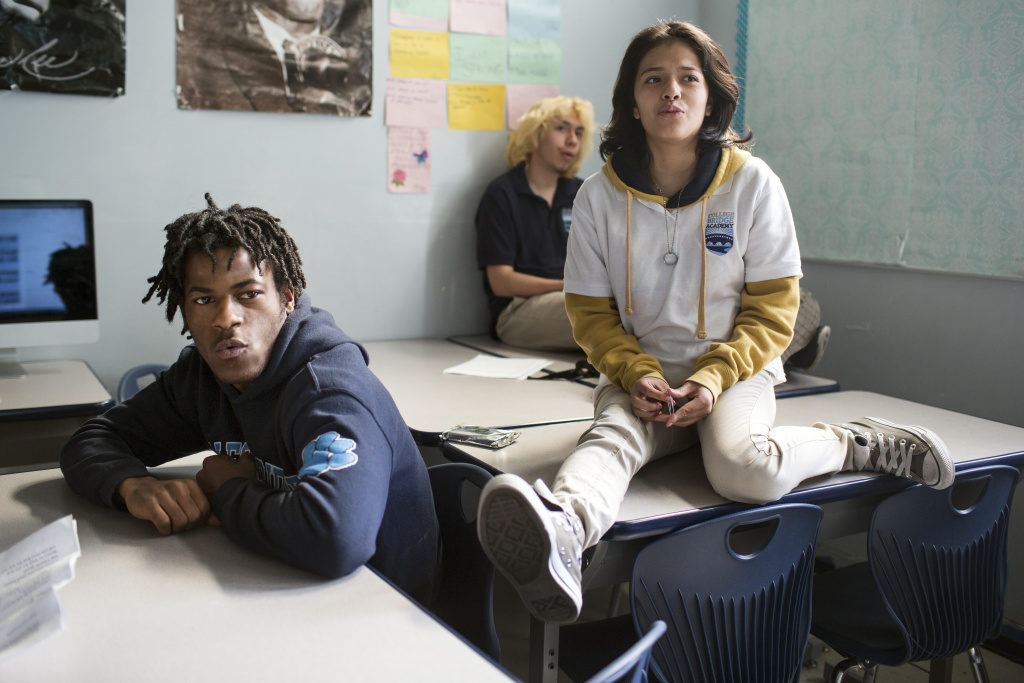
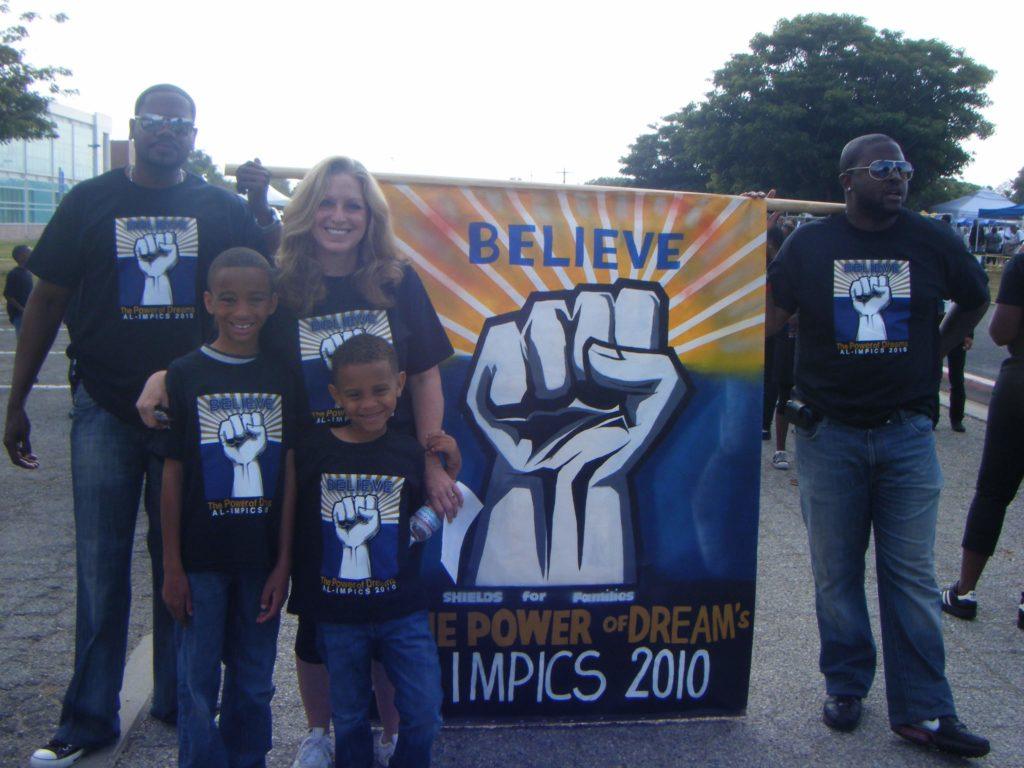
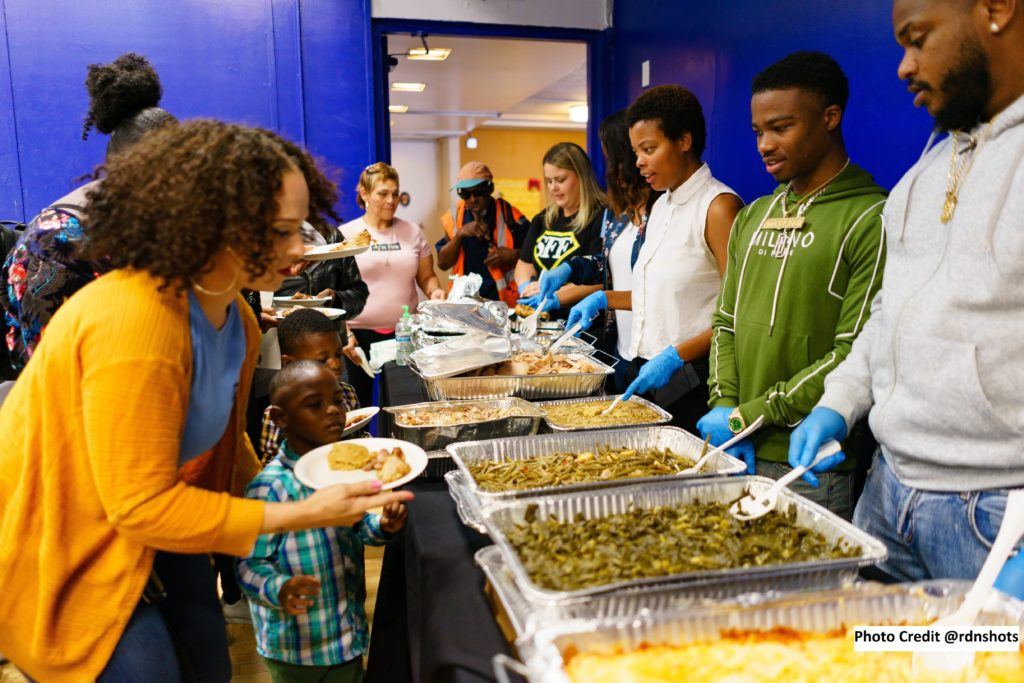



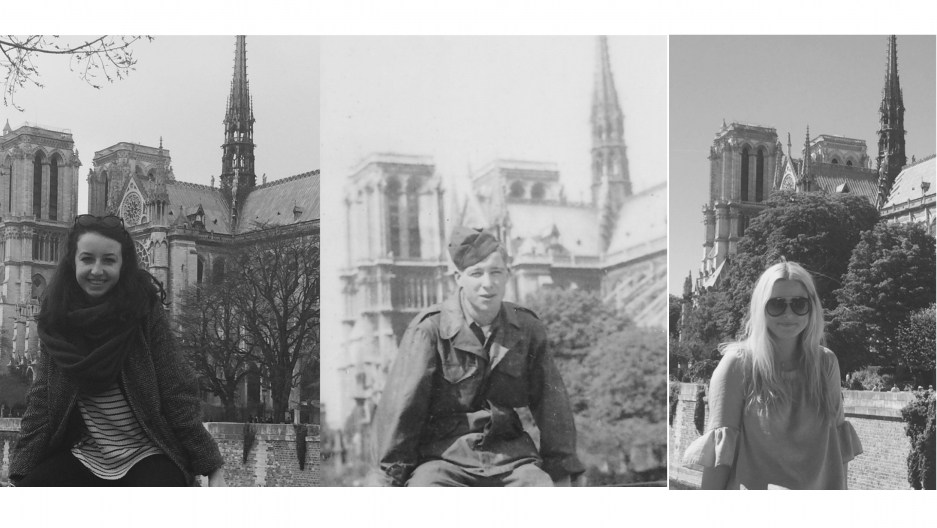


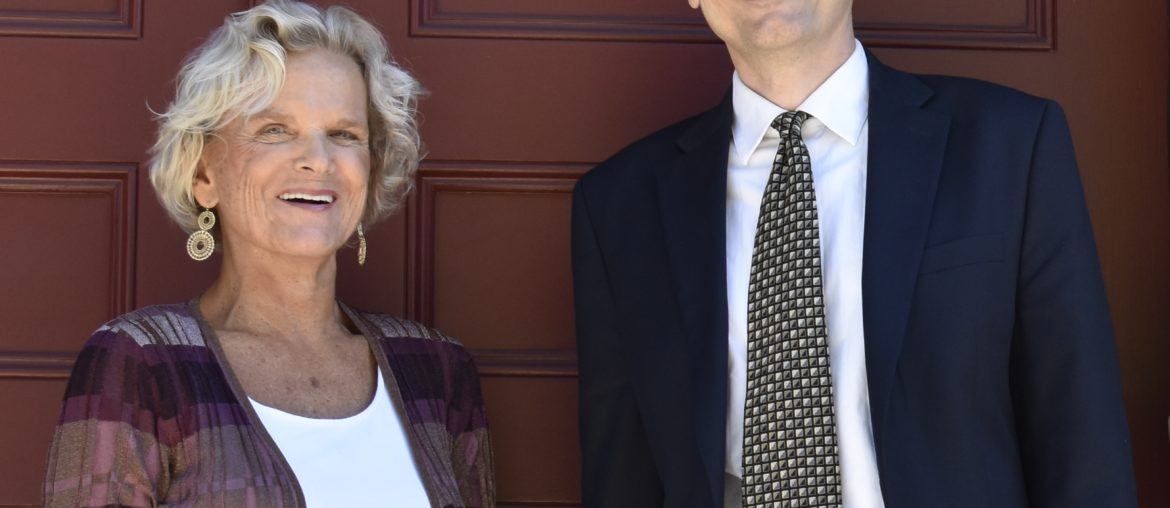










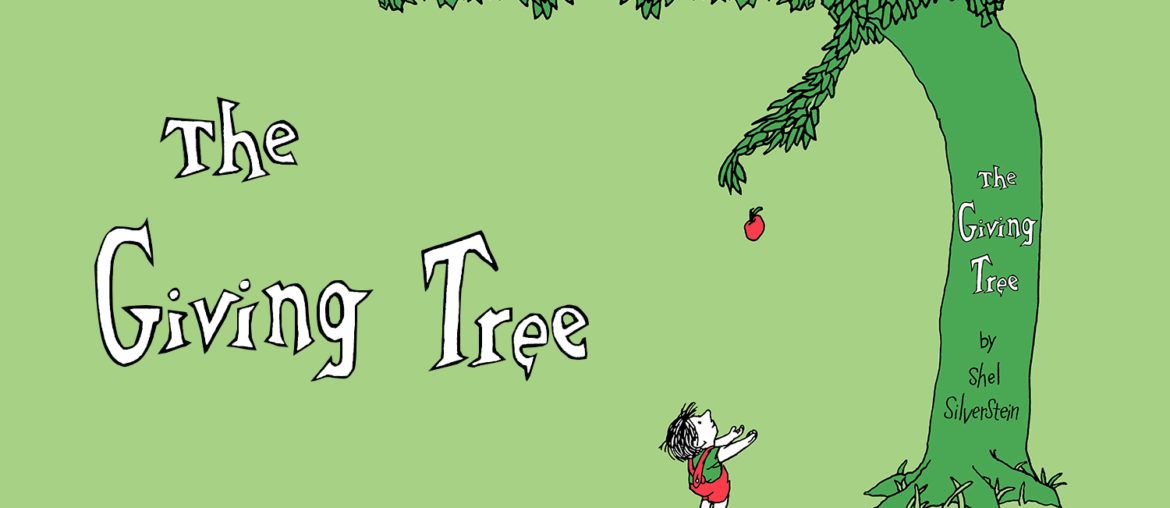
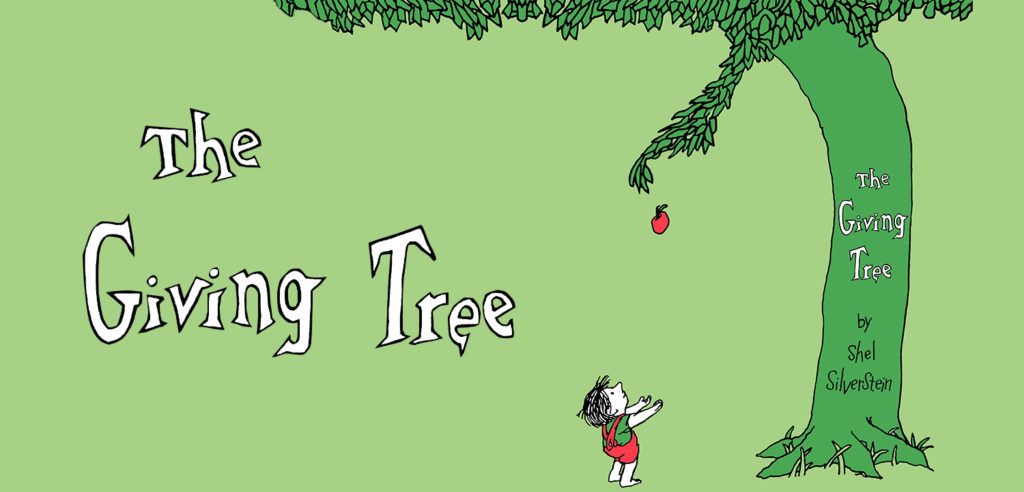
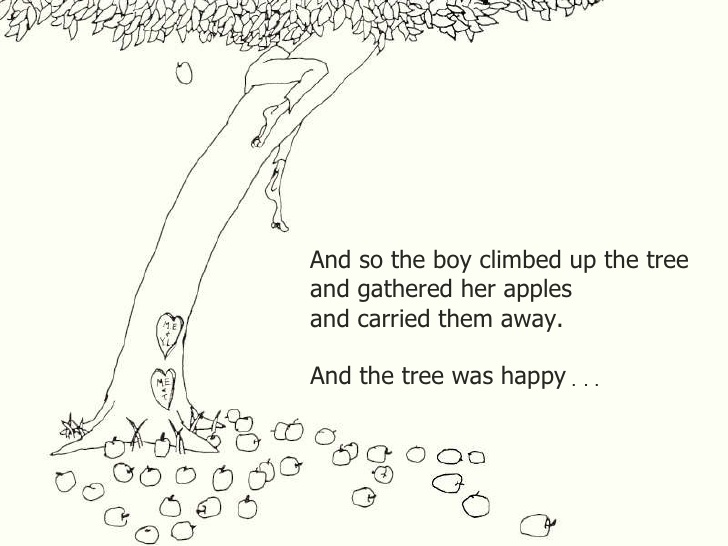
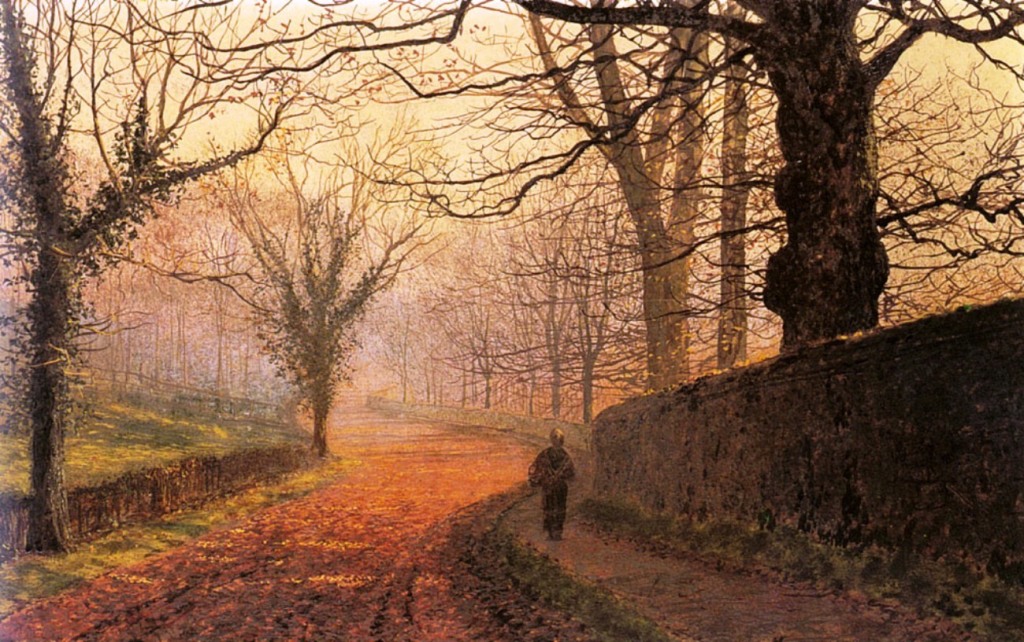


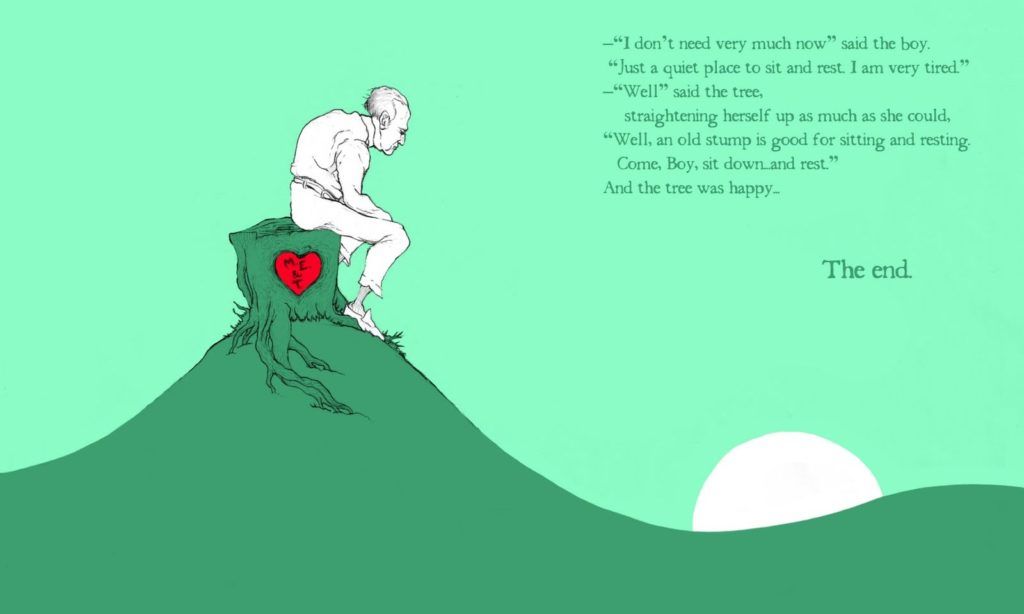
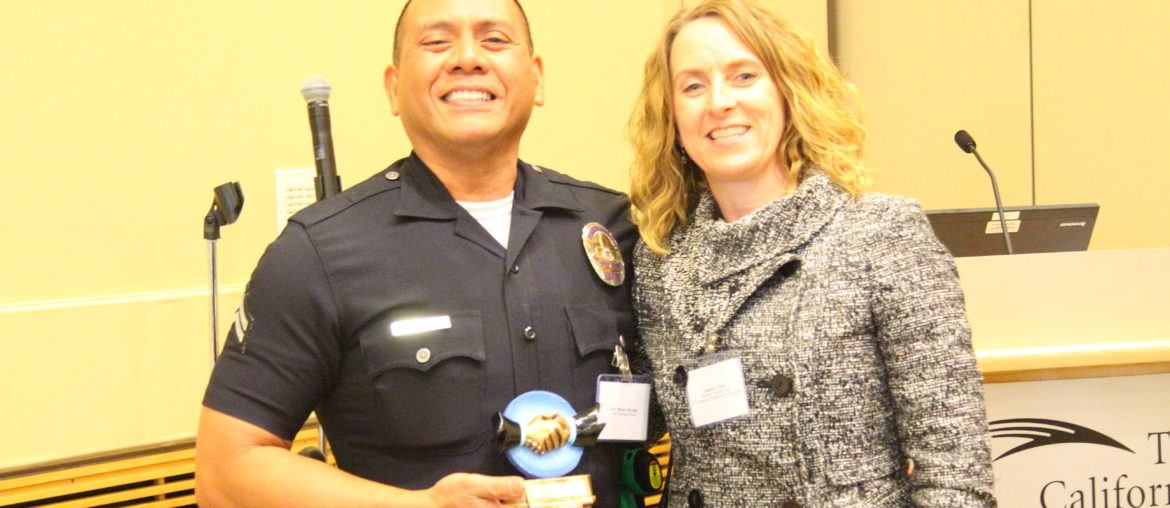
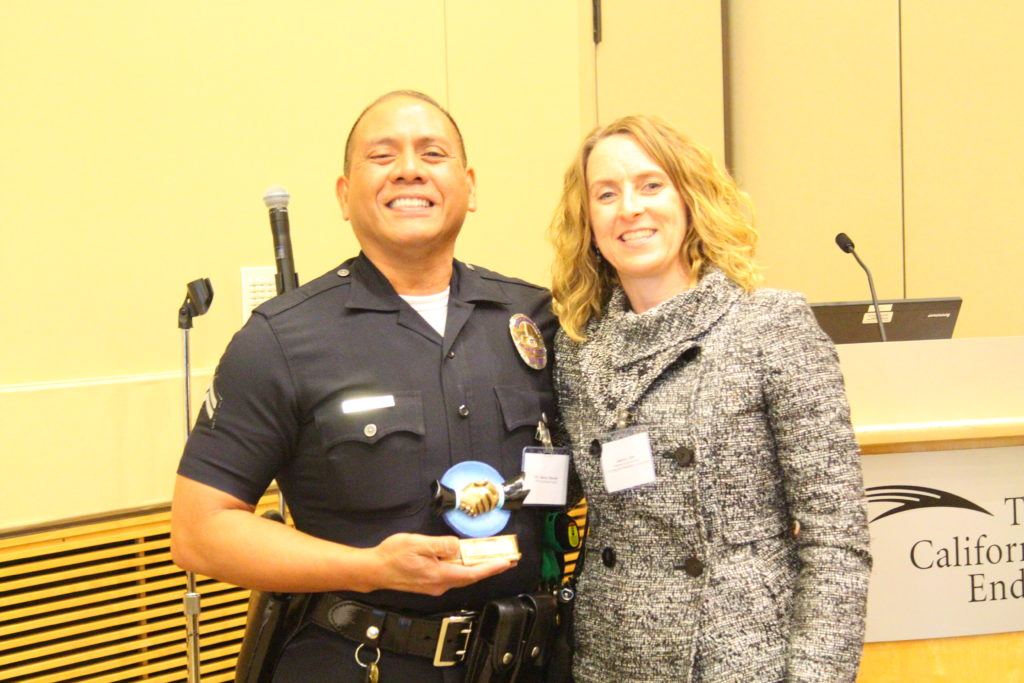
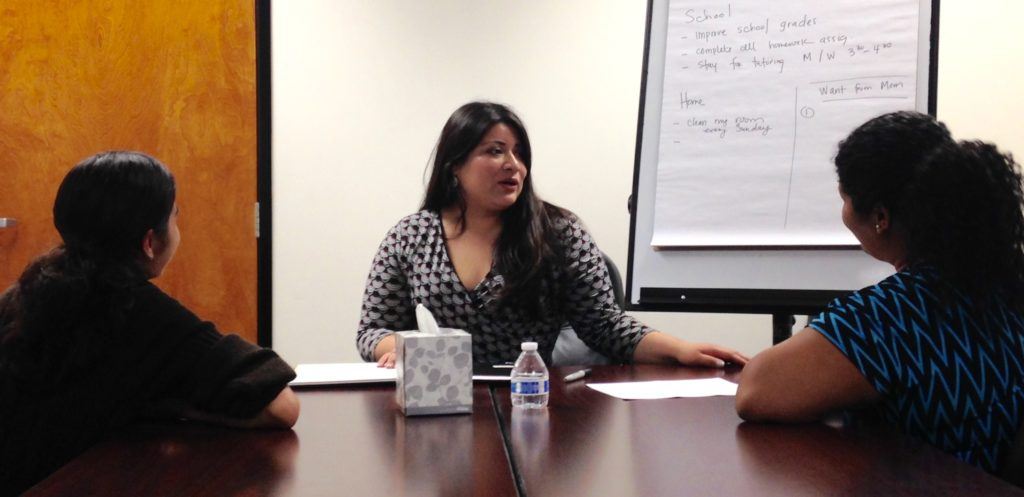
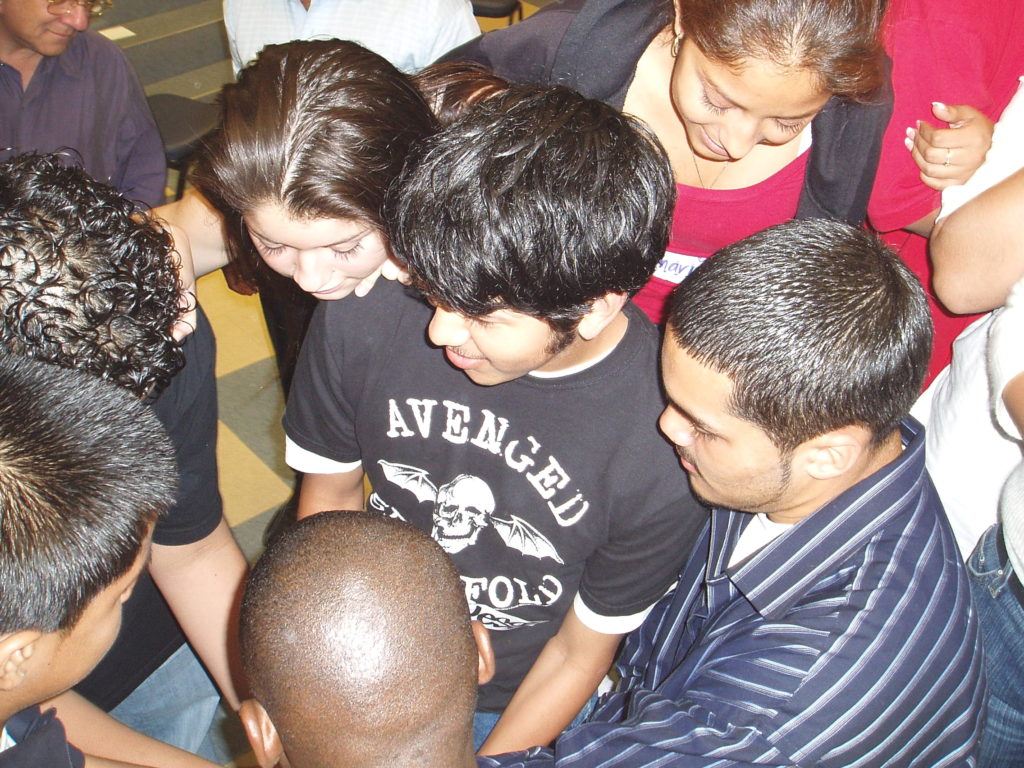
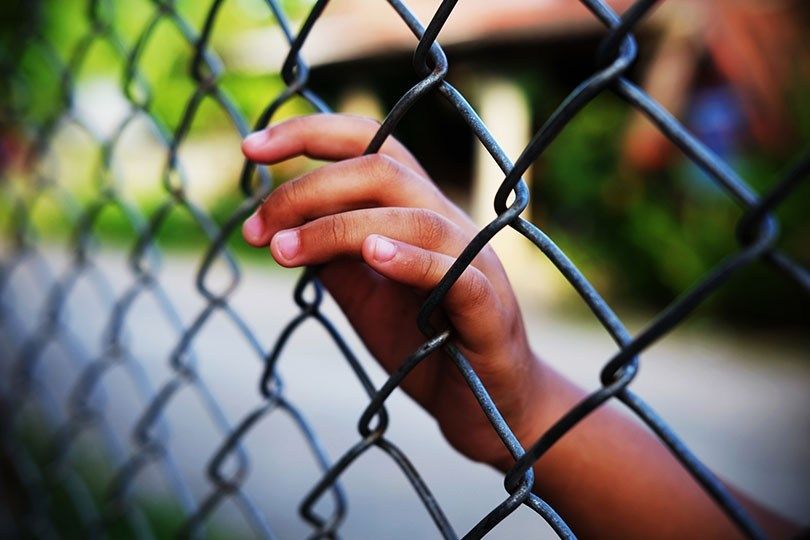
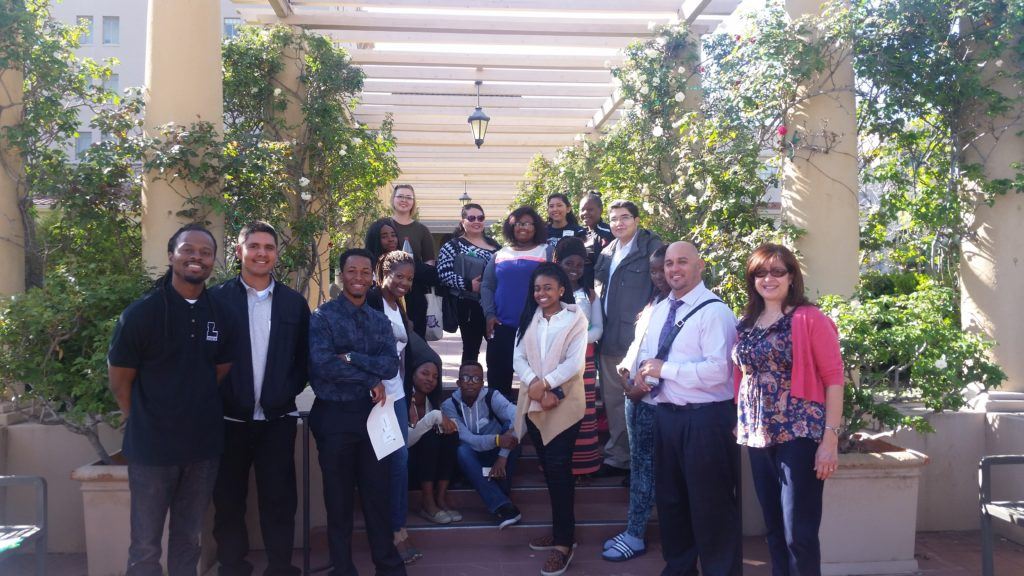
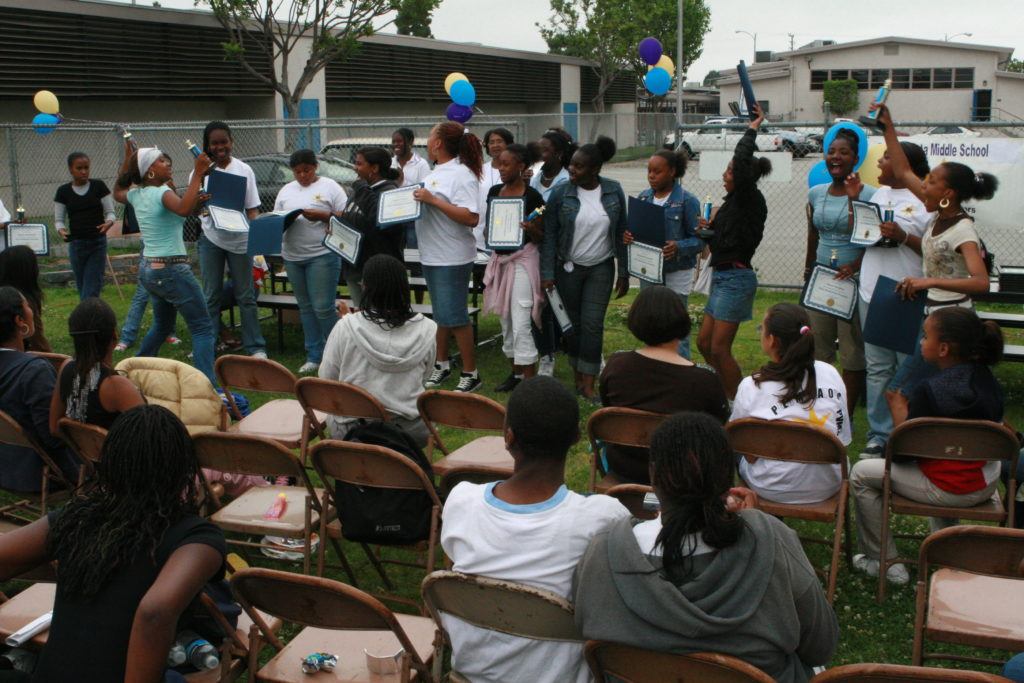
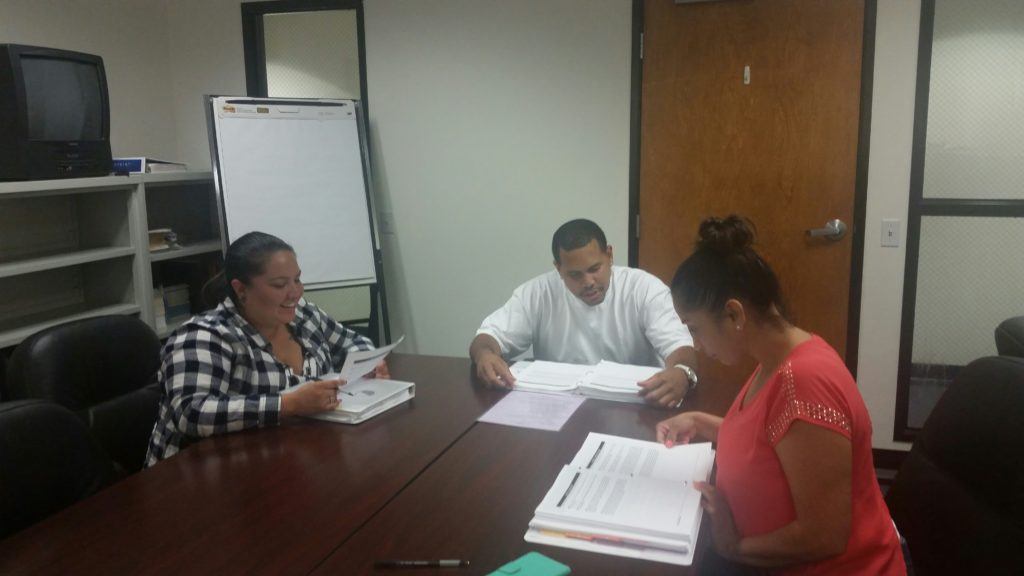
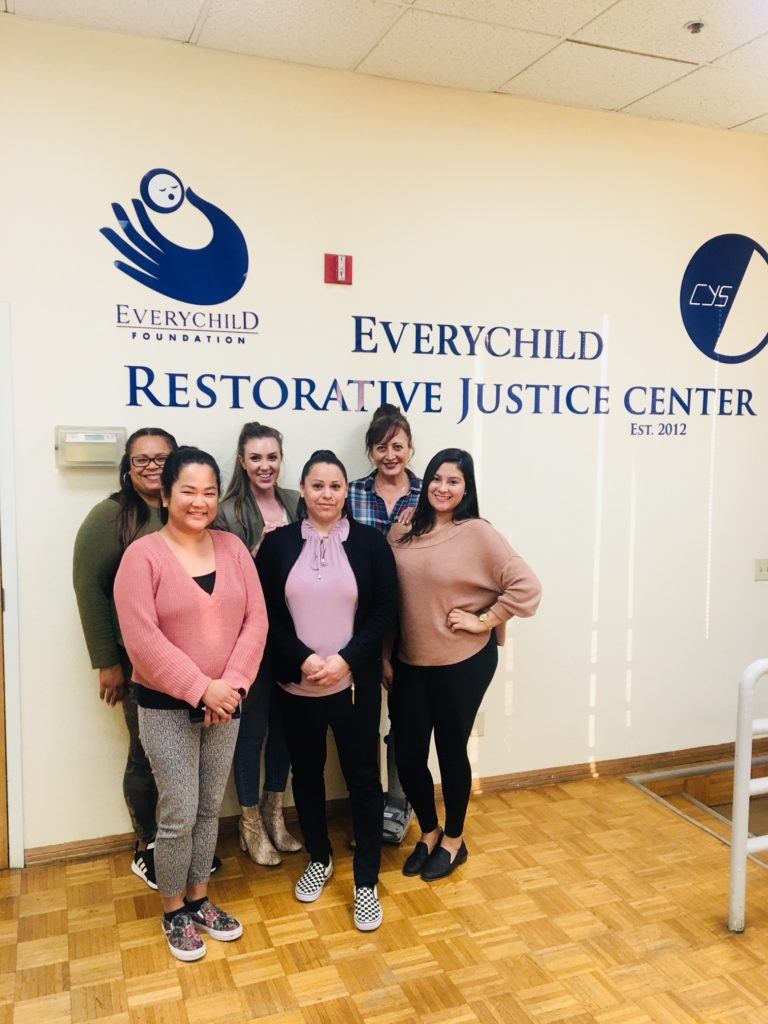
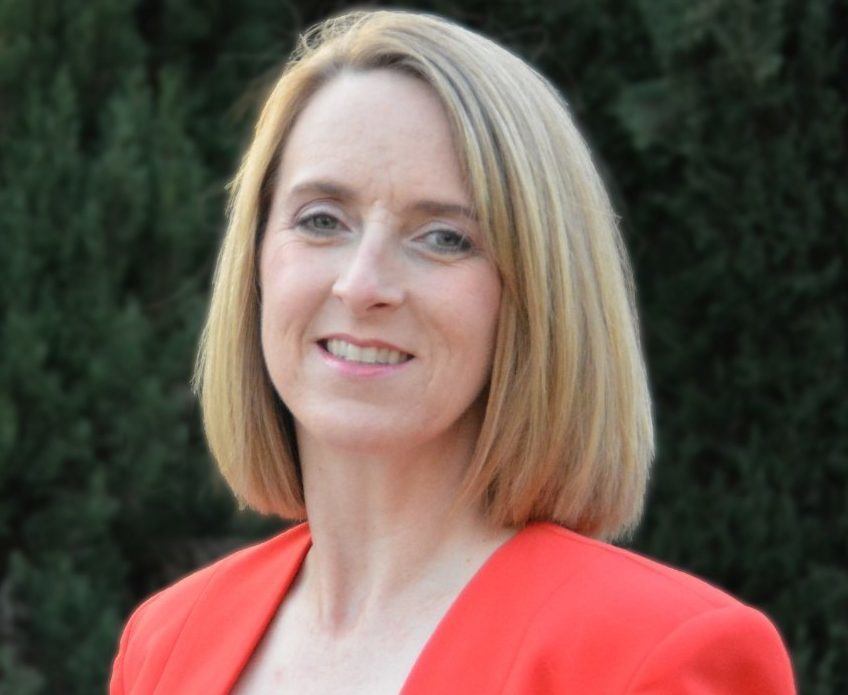
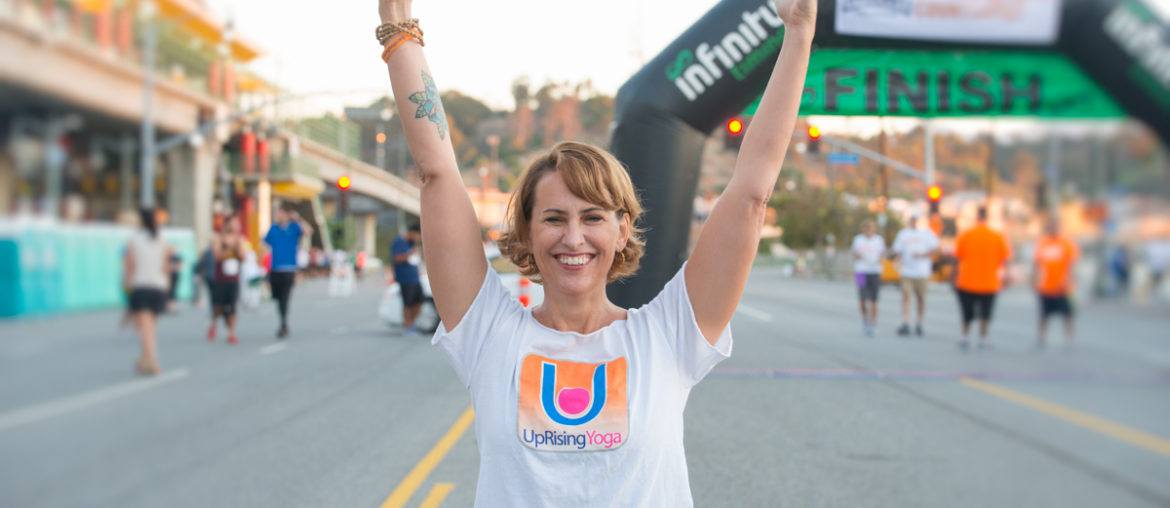
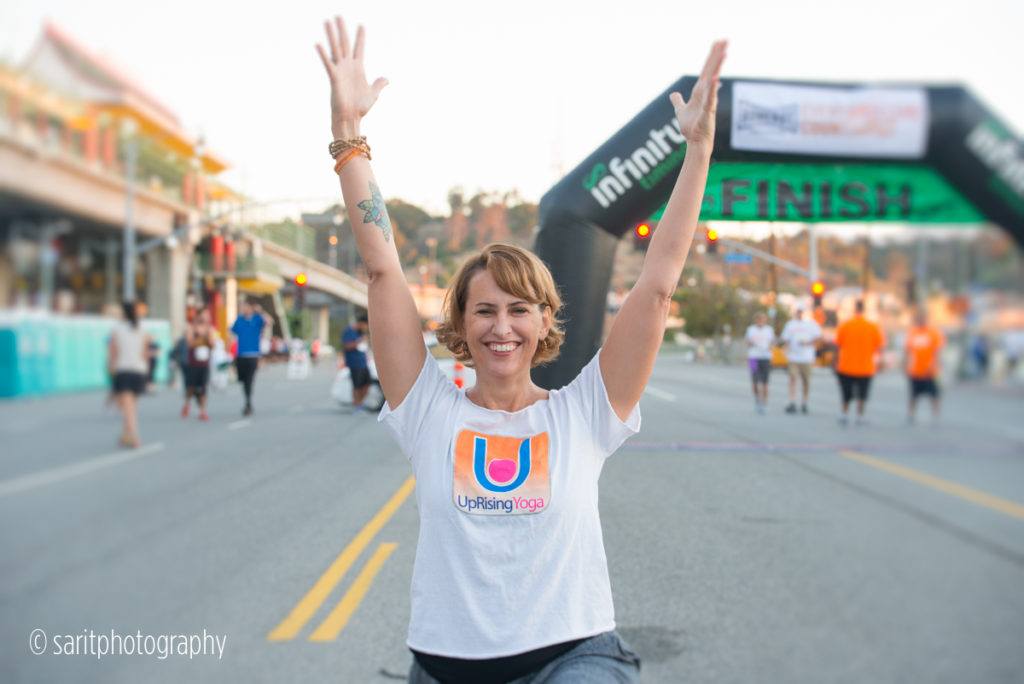
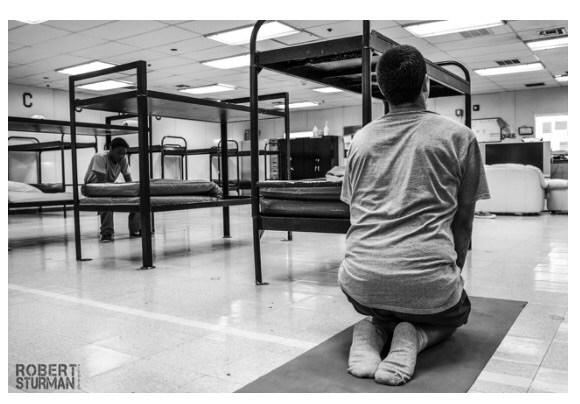
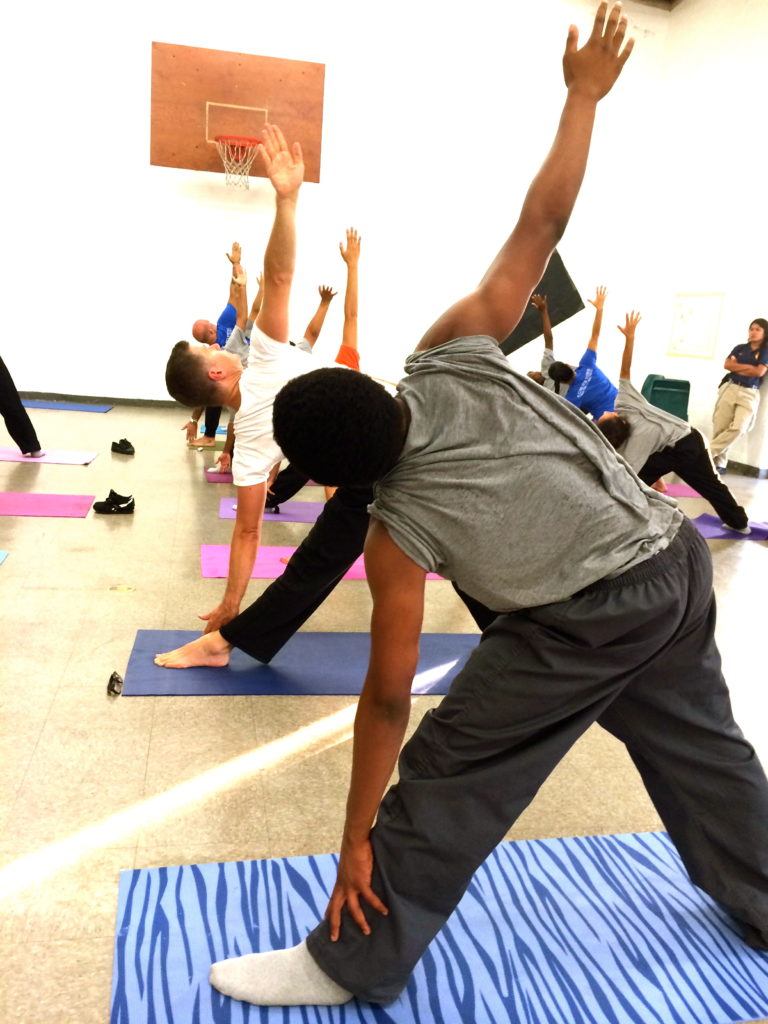
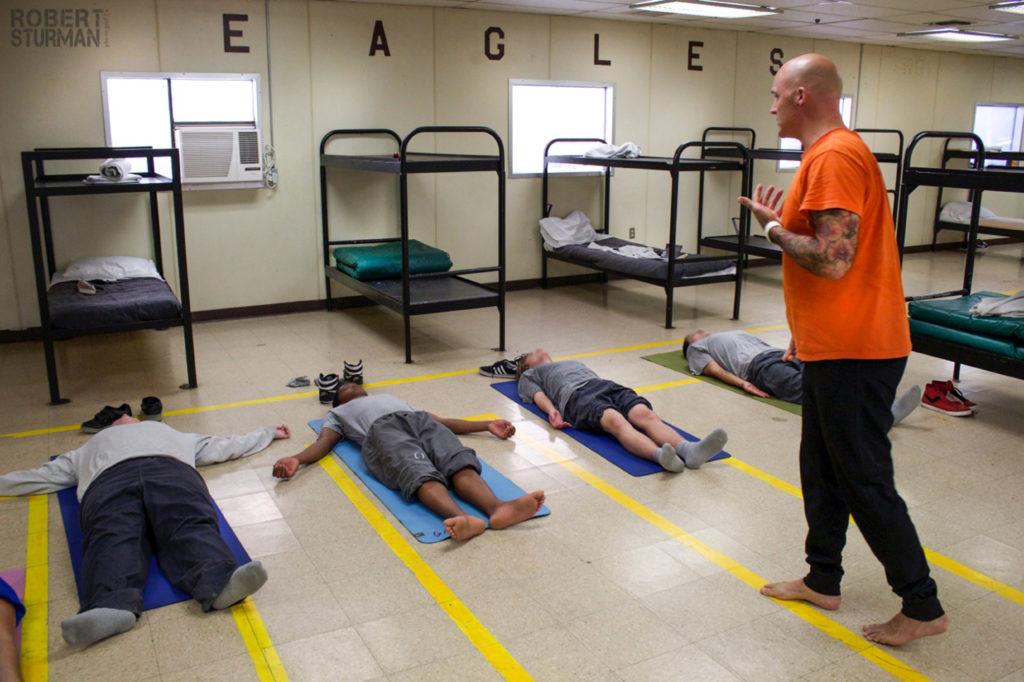
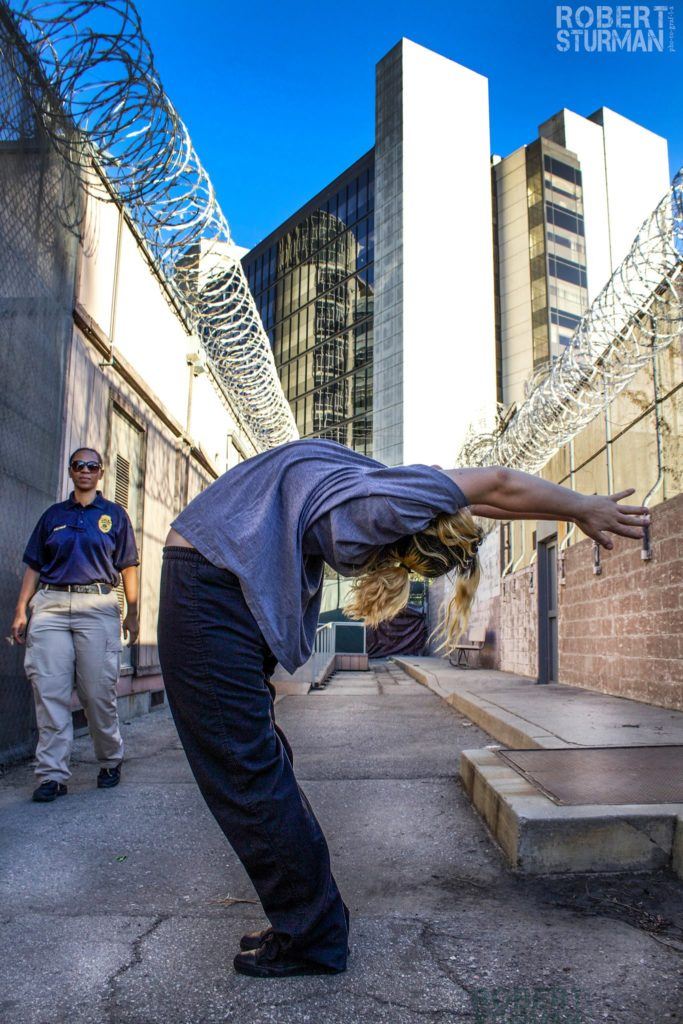
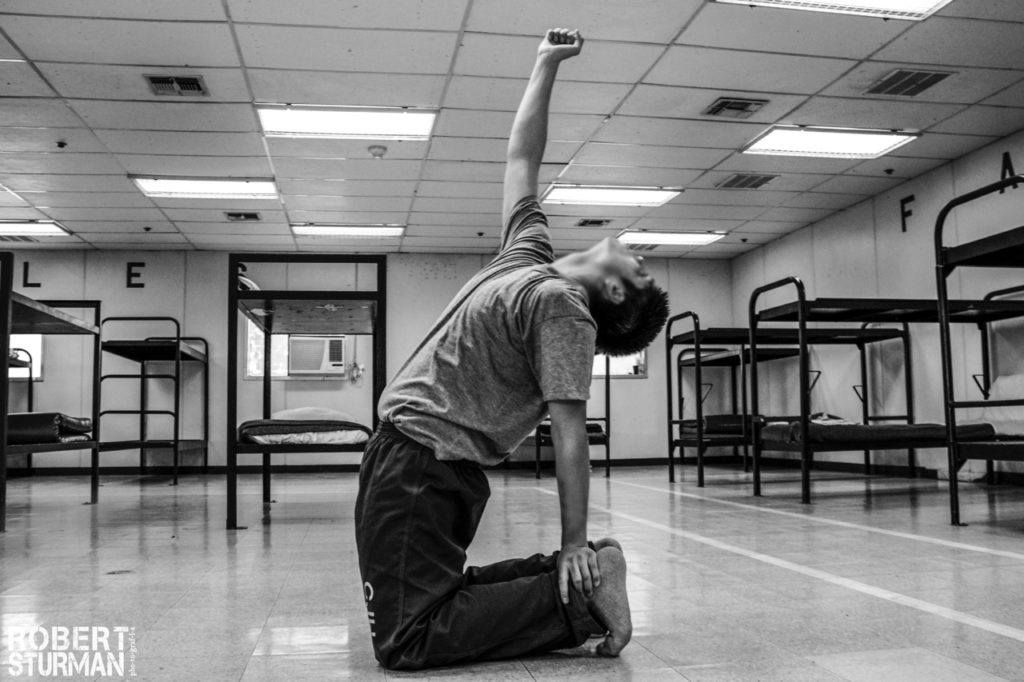
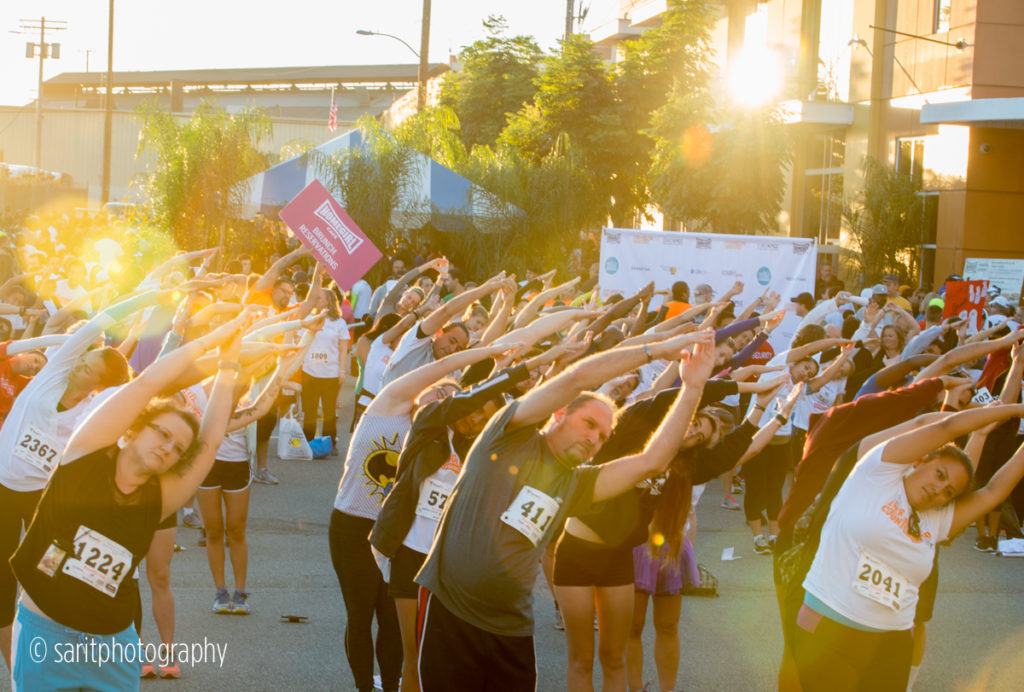
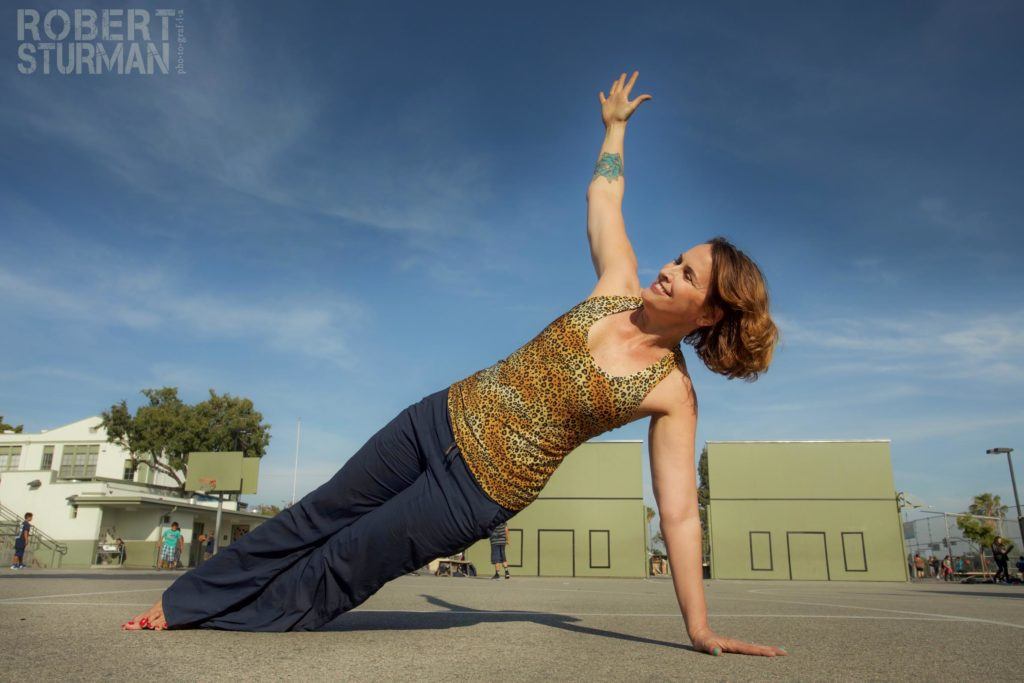
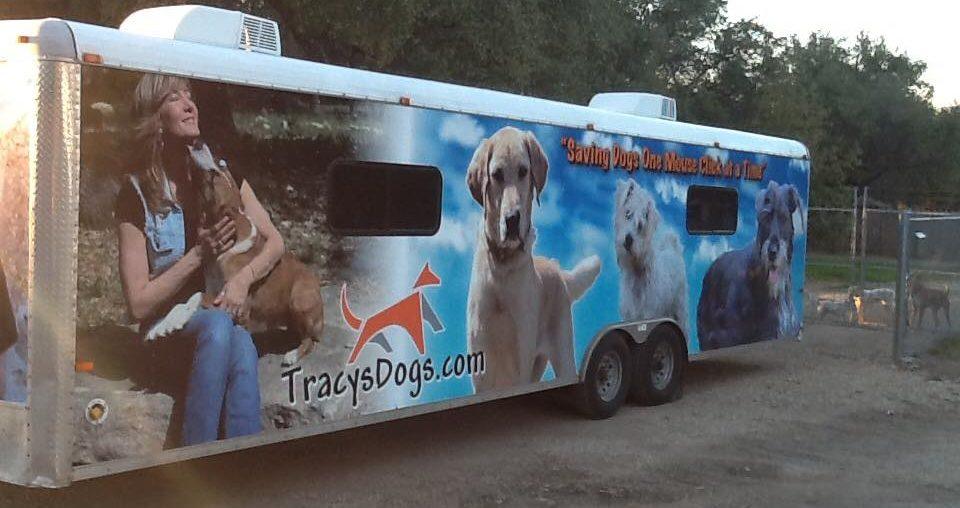
 There are 1.7 million nonprofit organizations in the United States and not enough days in the year to cover them all. Years ago when I began telling the stories of these incredible humans making our world better, I decided I would only tell stories of people helping people. As much as I love green causes and animals I needed to create some perimeters. When a friend of mine at HooplaHa reached out to tell me about Tracy and the work she and her husband Scott are doing to rescue dogs in kill shelters, I knew these were very special humans. When you see what Tracy and Scott Whyatt do, you will realize that this is people helping people and thousands of dogs in the process.
There are 1.7 million nonprofit organizations in the United States and not enough days in the year to cover them all. Years ago when I began telling the stories of these incredible humans making our world better, I decided I would only tell stories of people helping people. As much as I love green causes and animals I needed to create some perimeters. When a friend of mine at HooplaHa reached out to tell me about Tracy and the work she and her husband Scott are doing to rescue dogs in kill shelters, I knew these were very special humans. When you see what Tracy and Scott Whyatt do, you will realize that this is people helping people and thousands of dogs in the process.